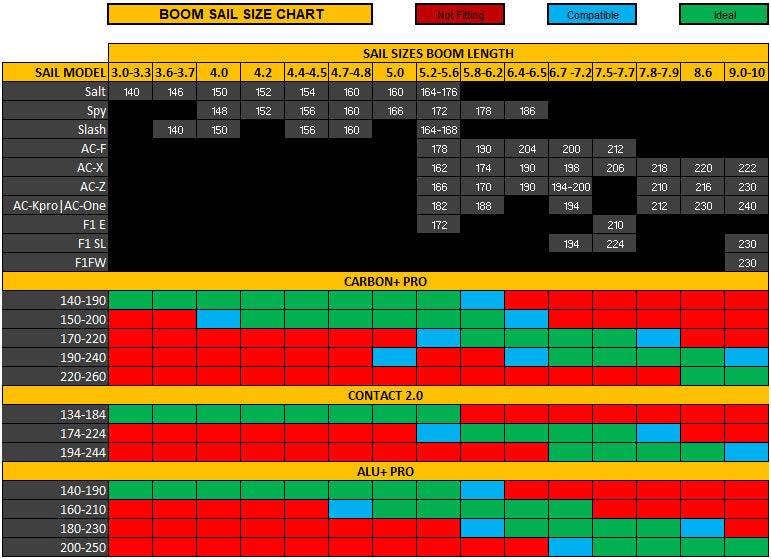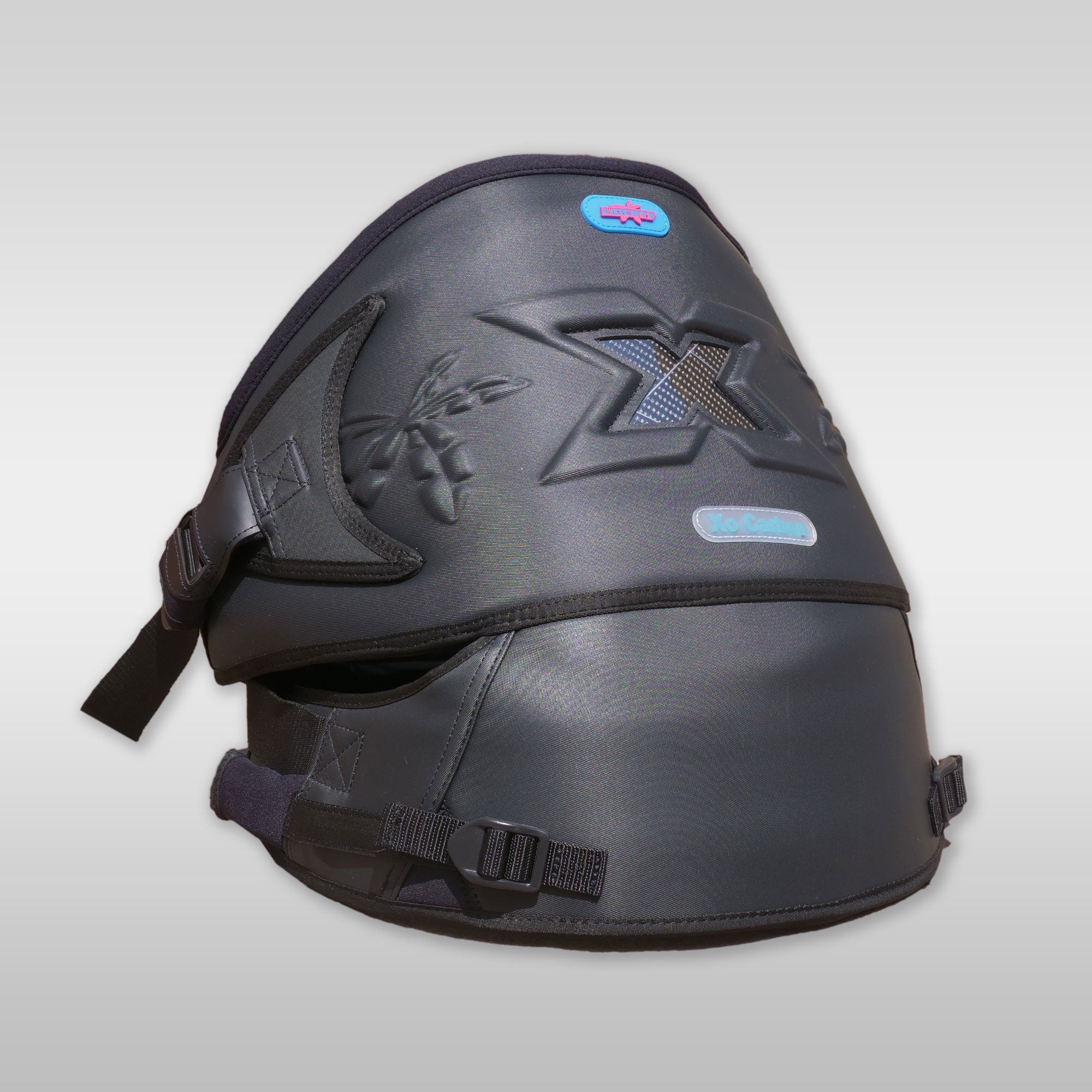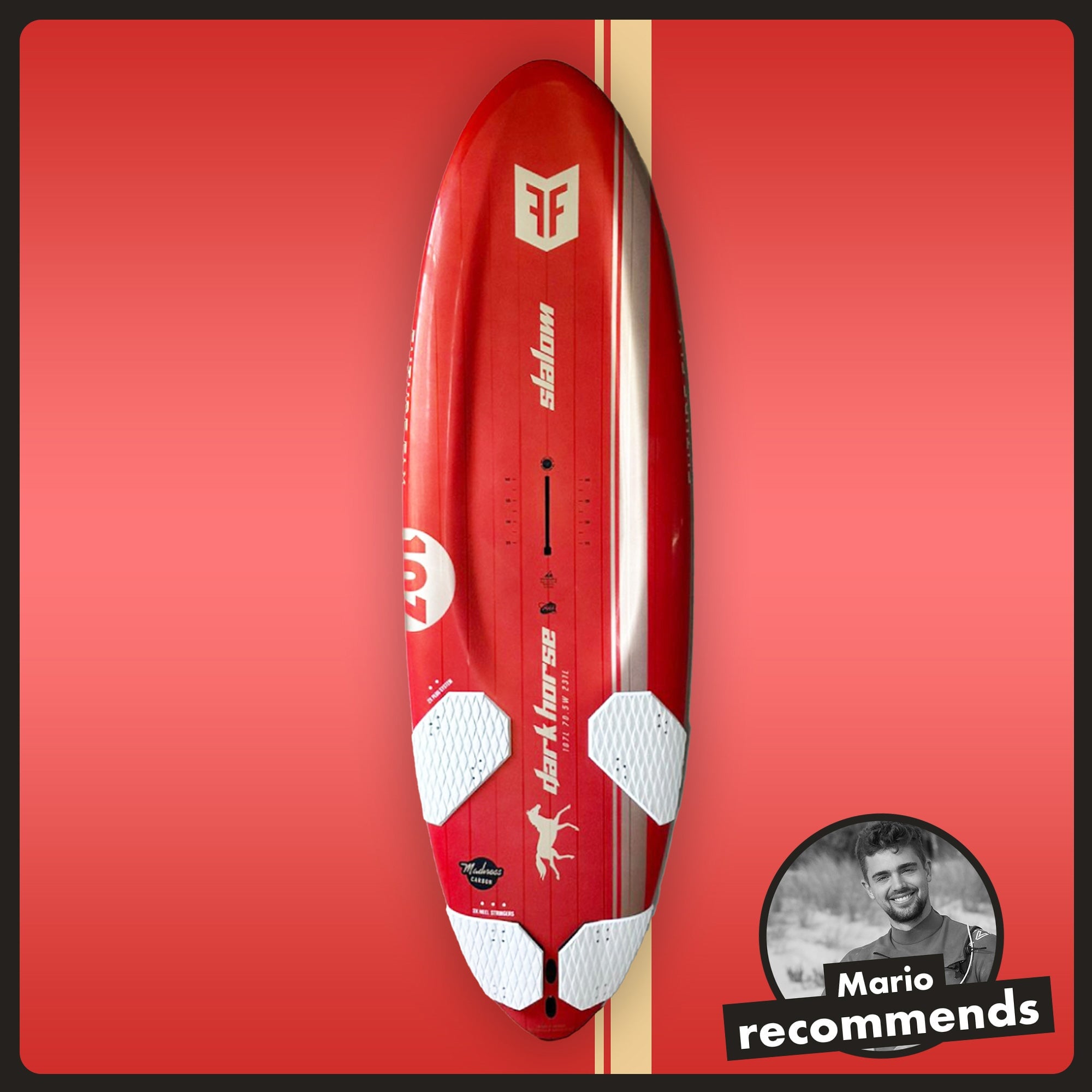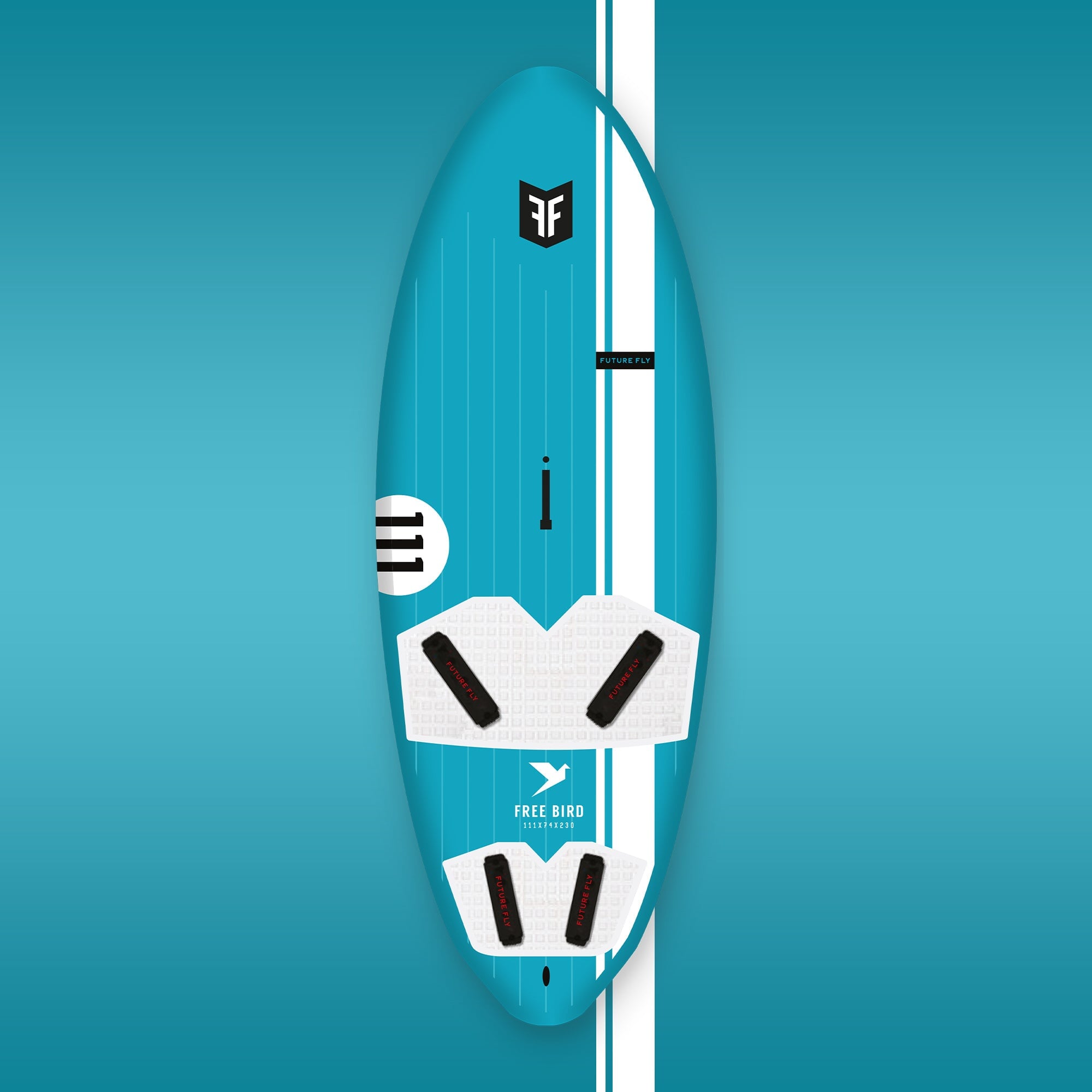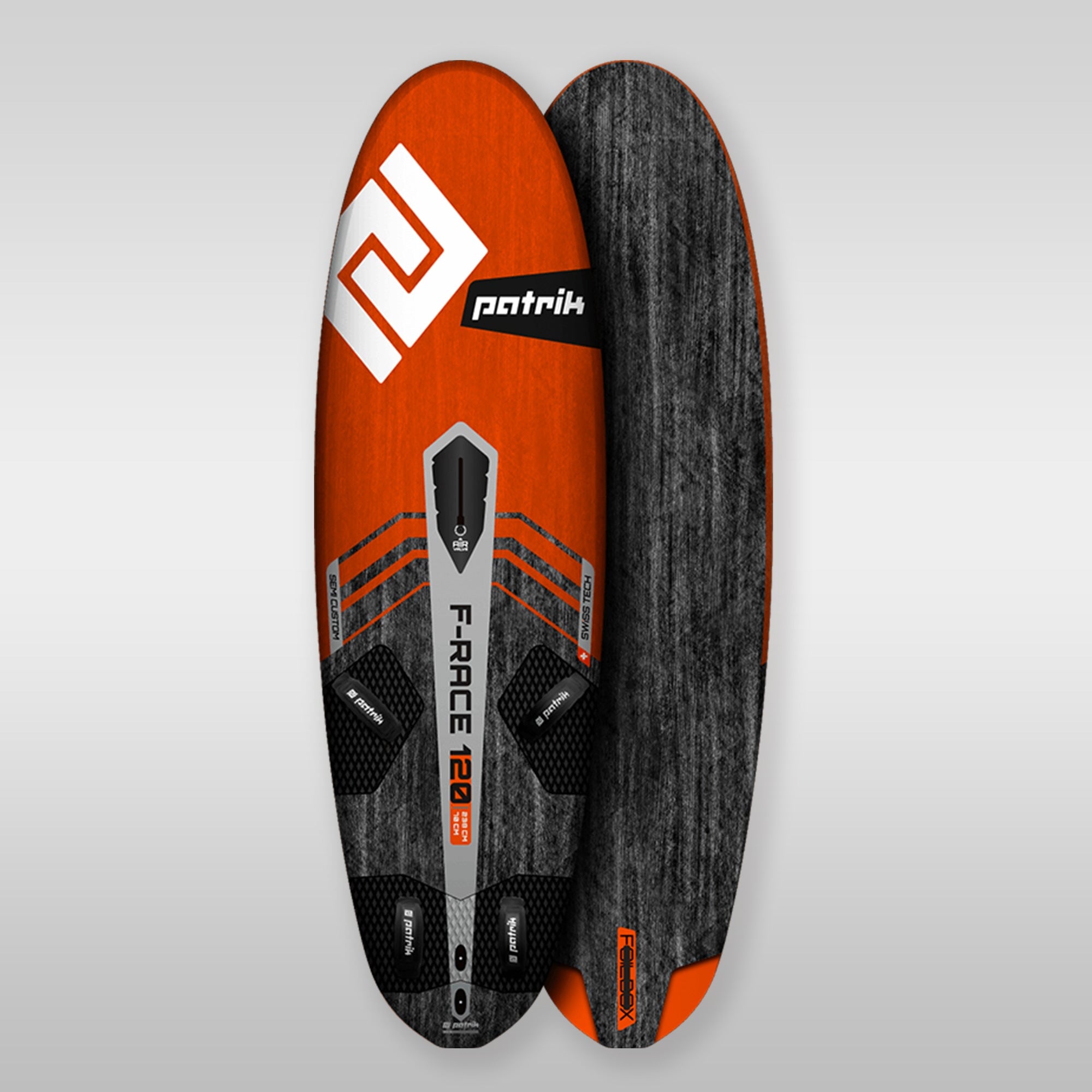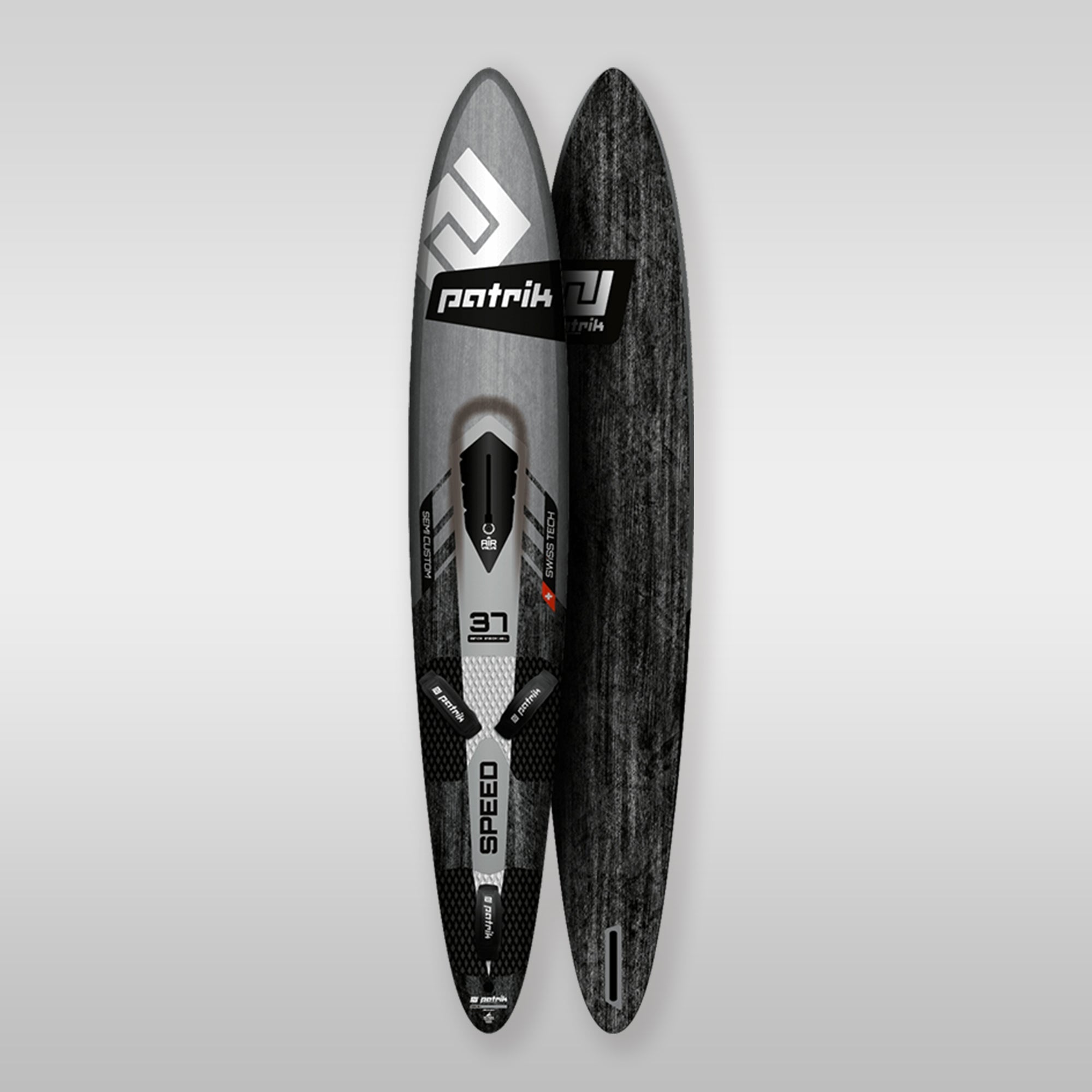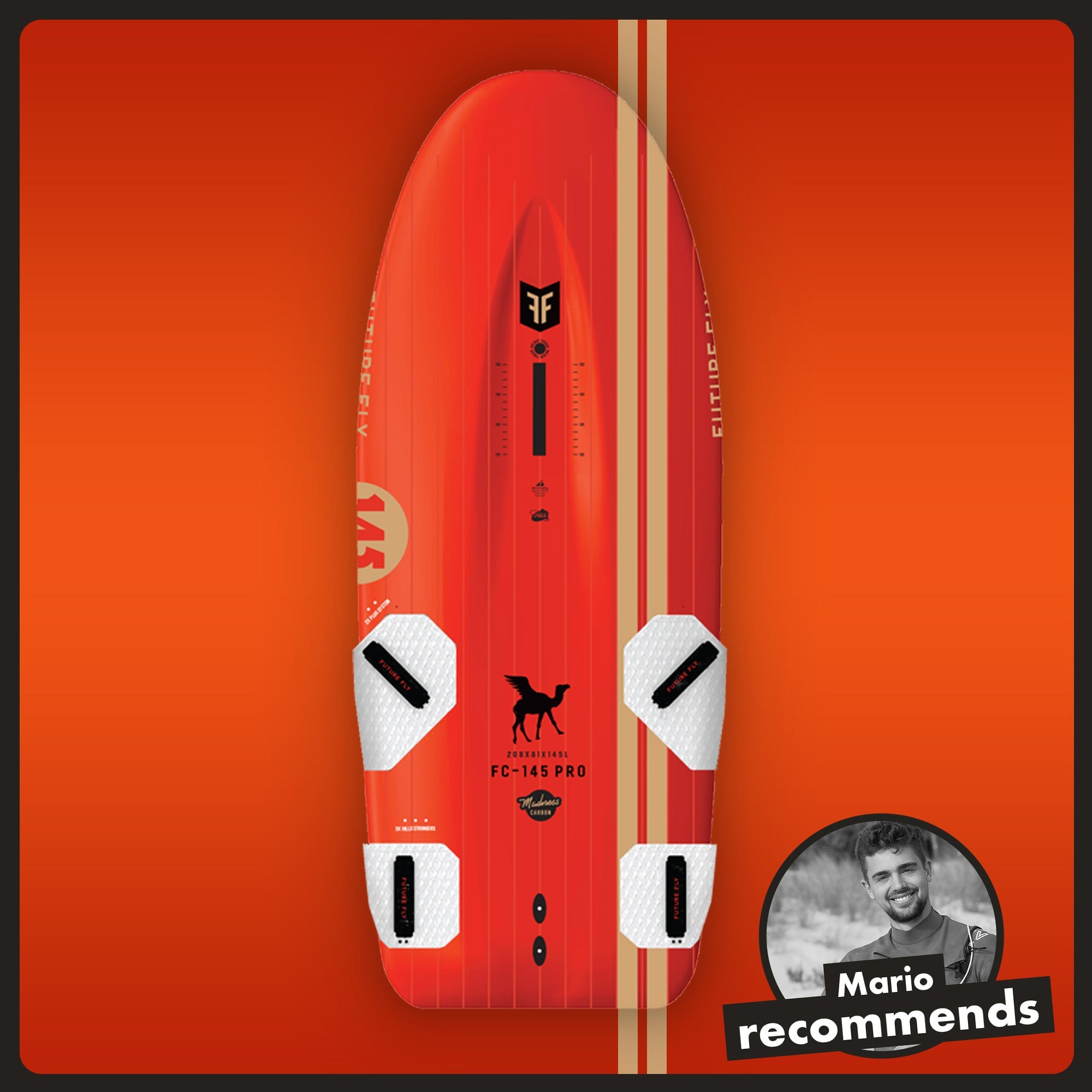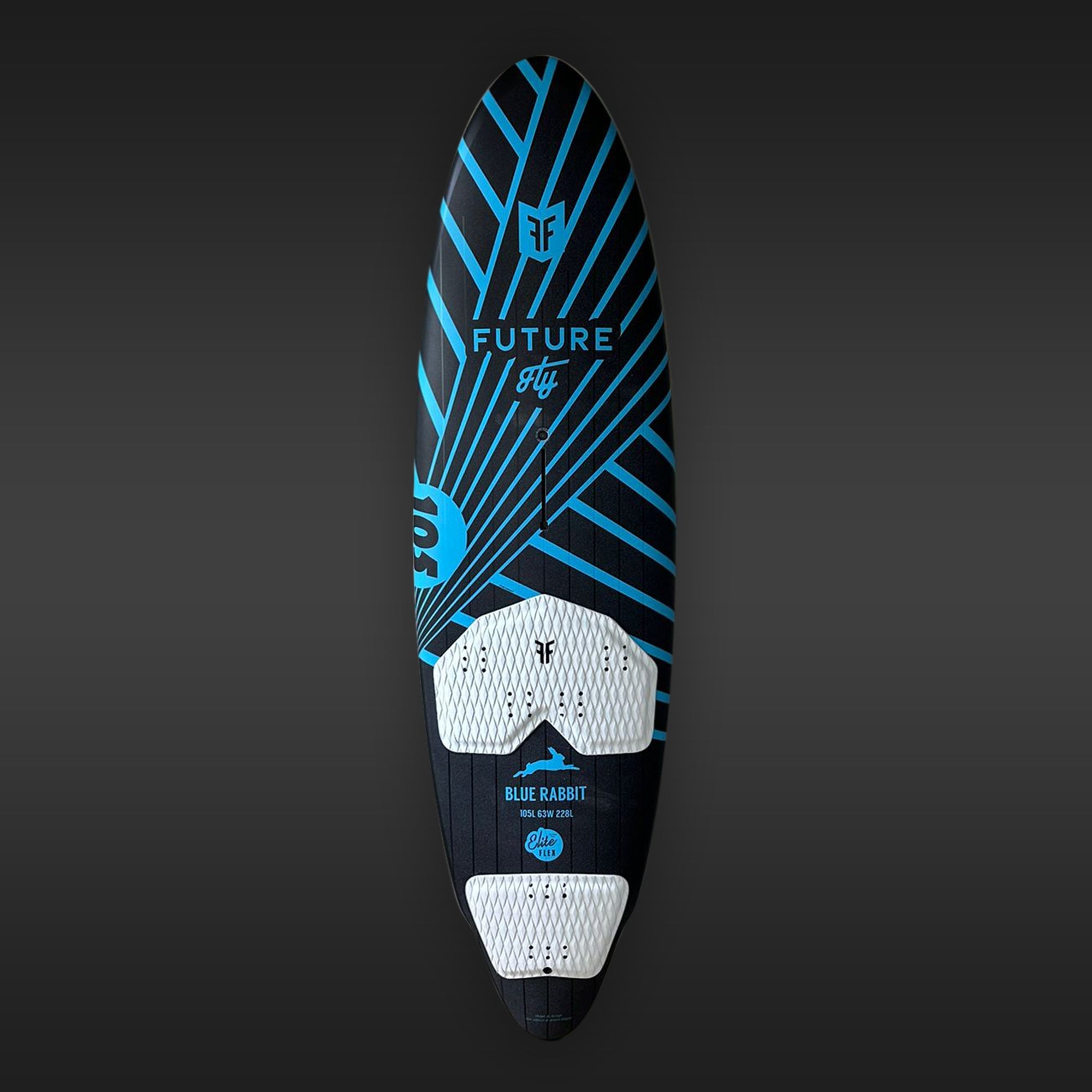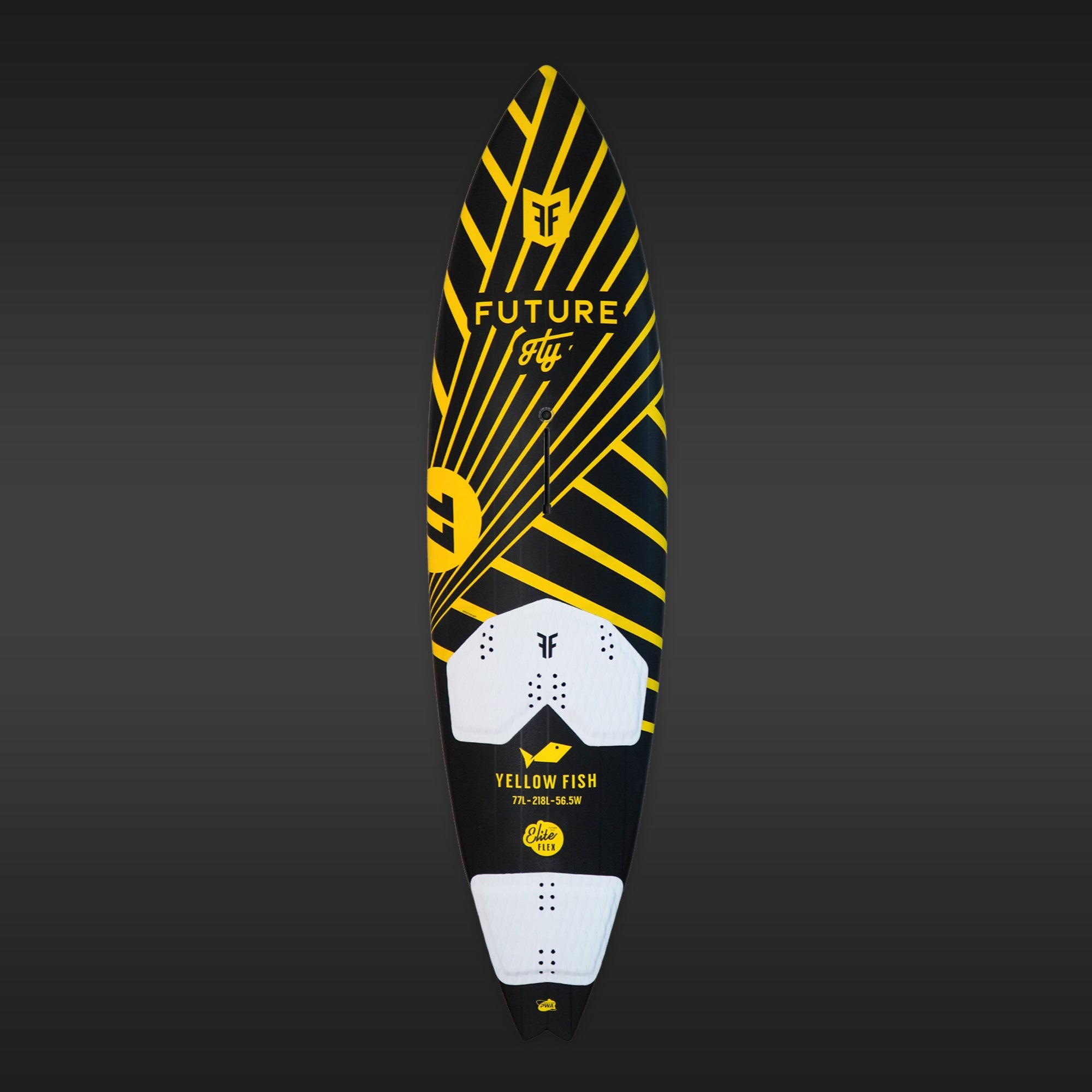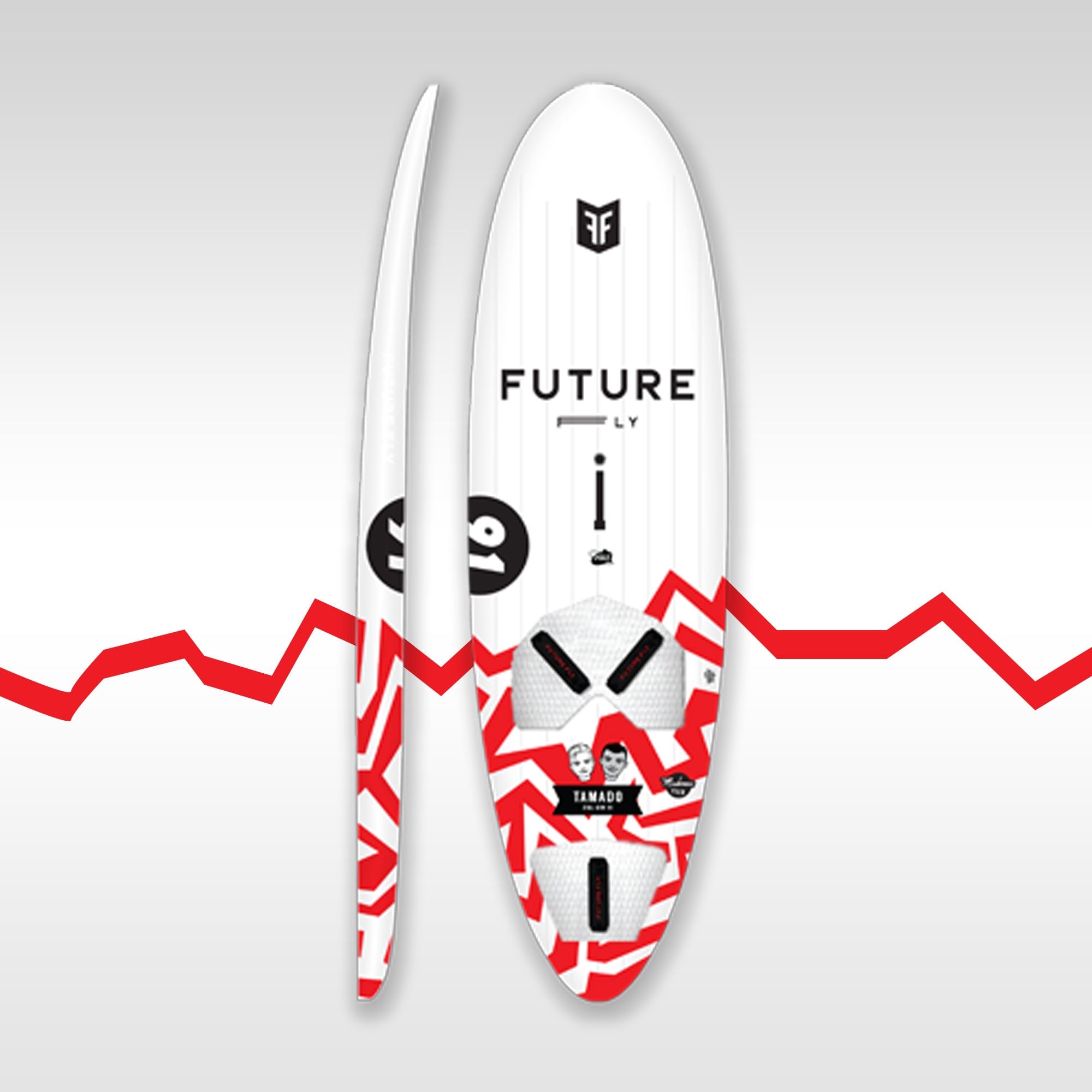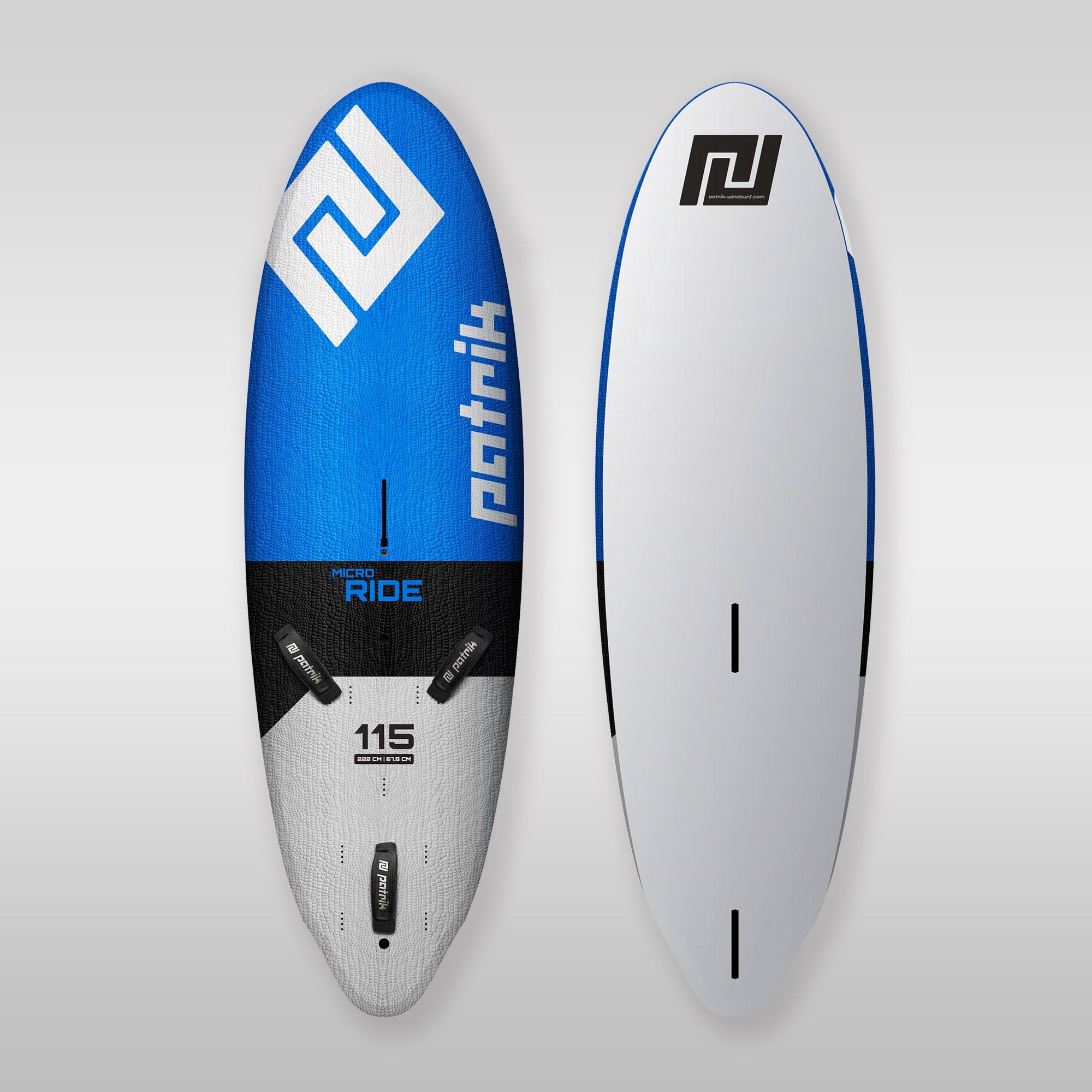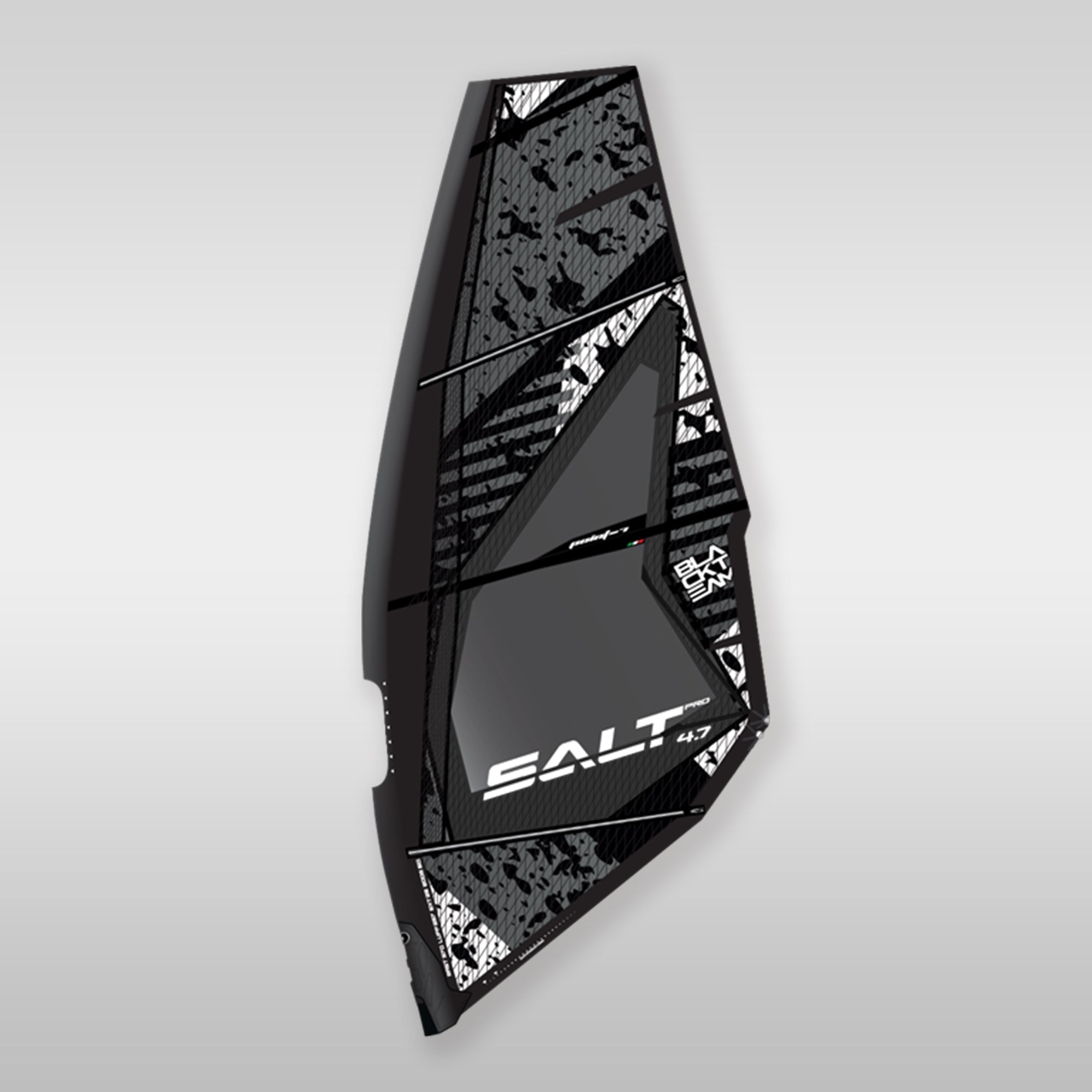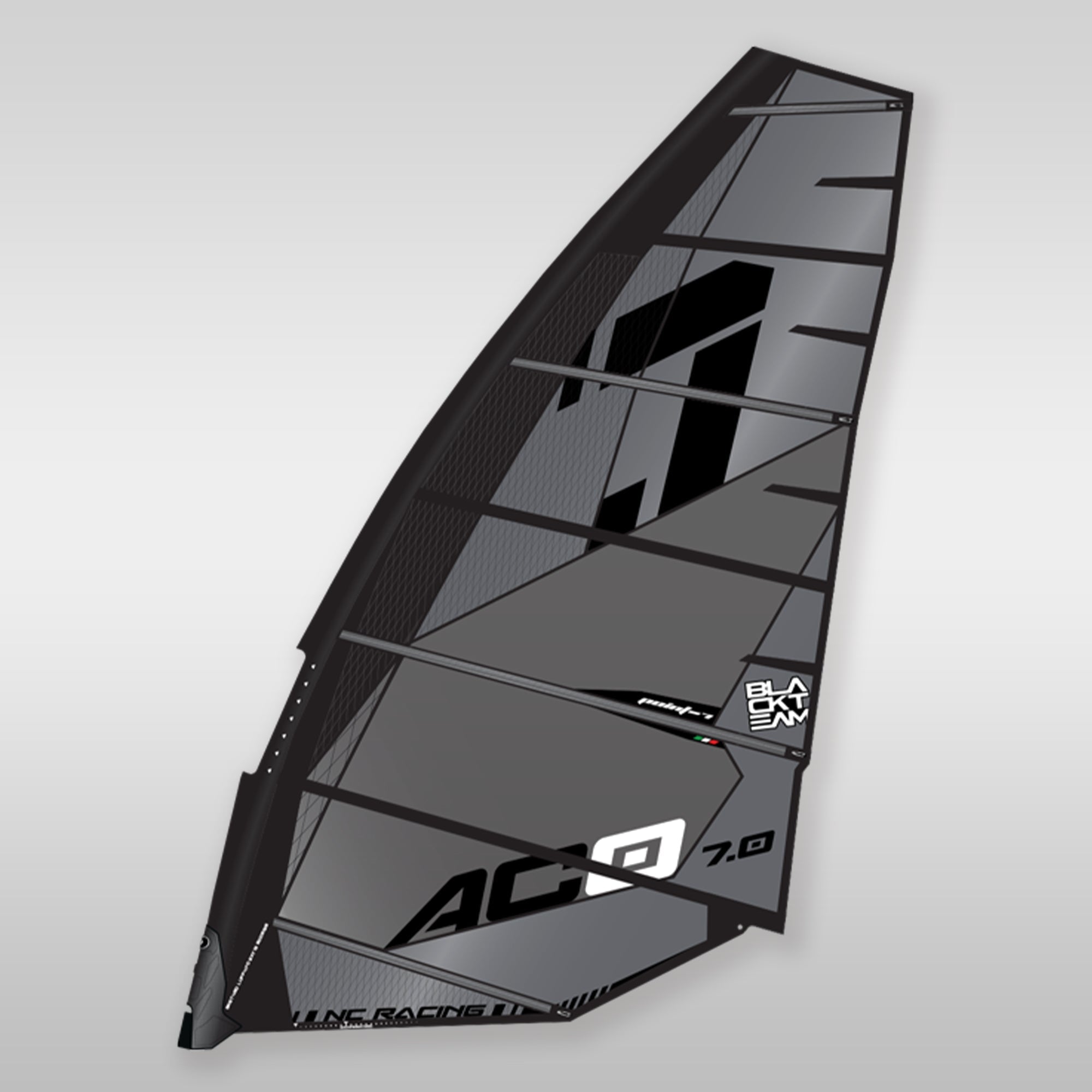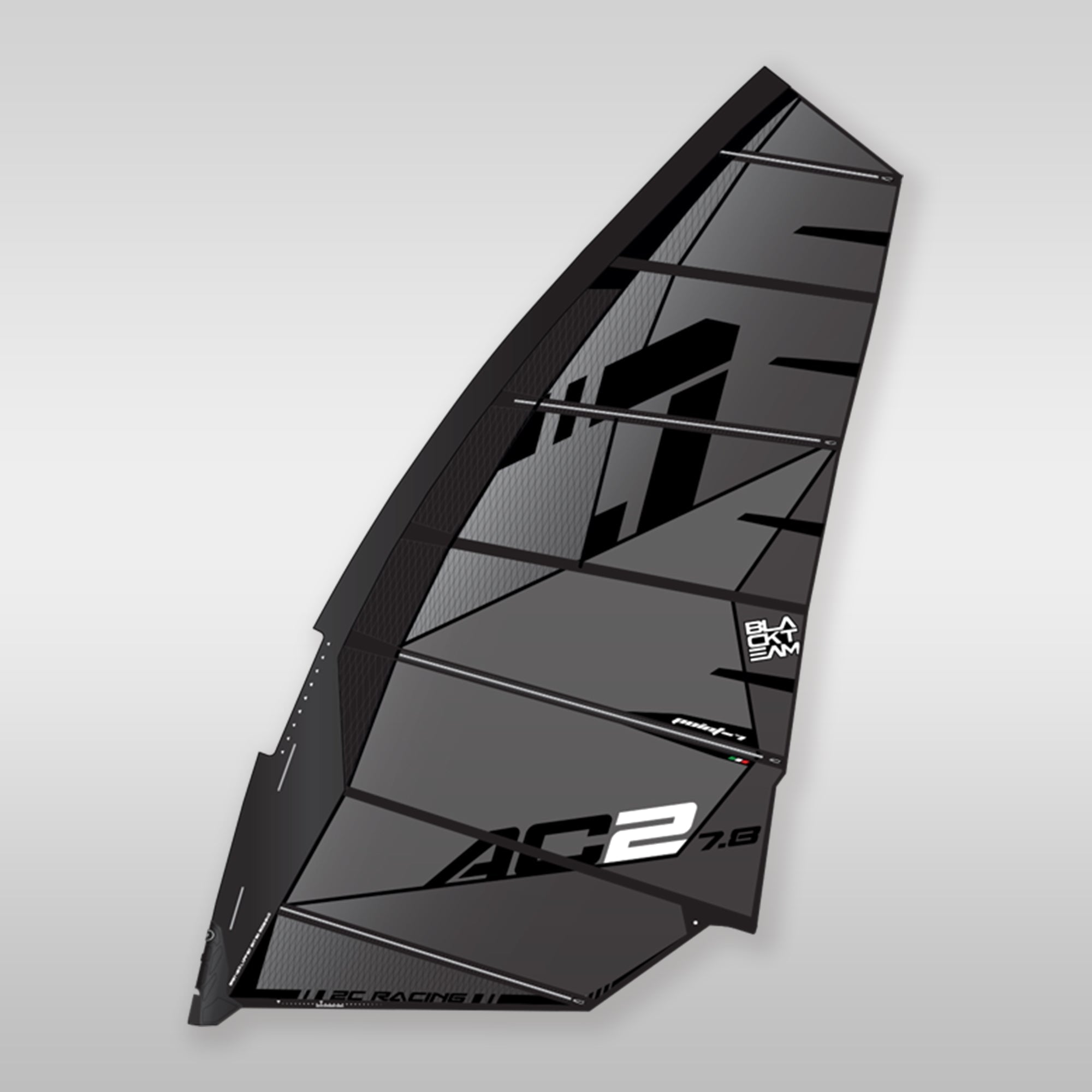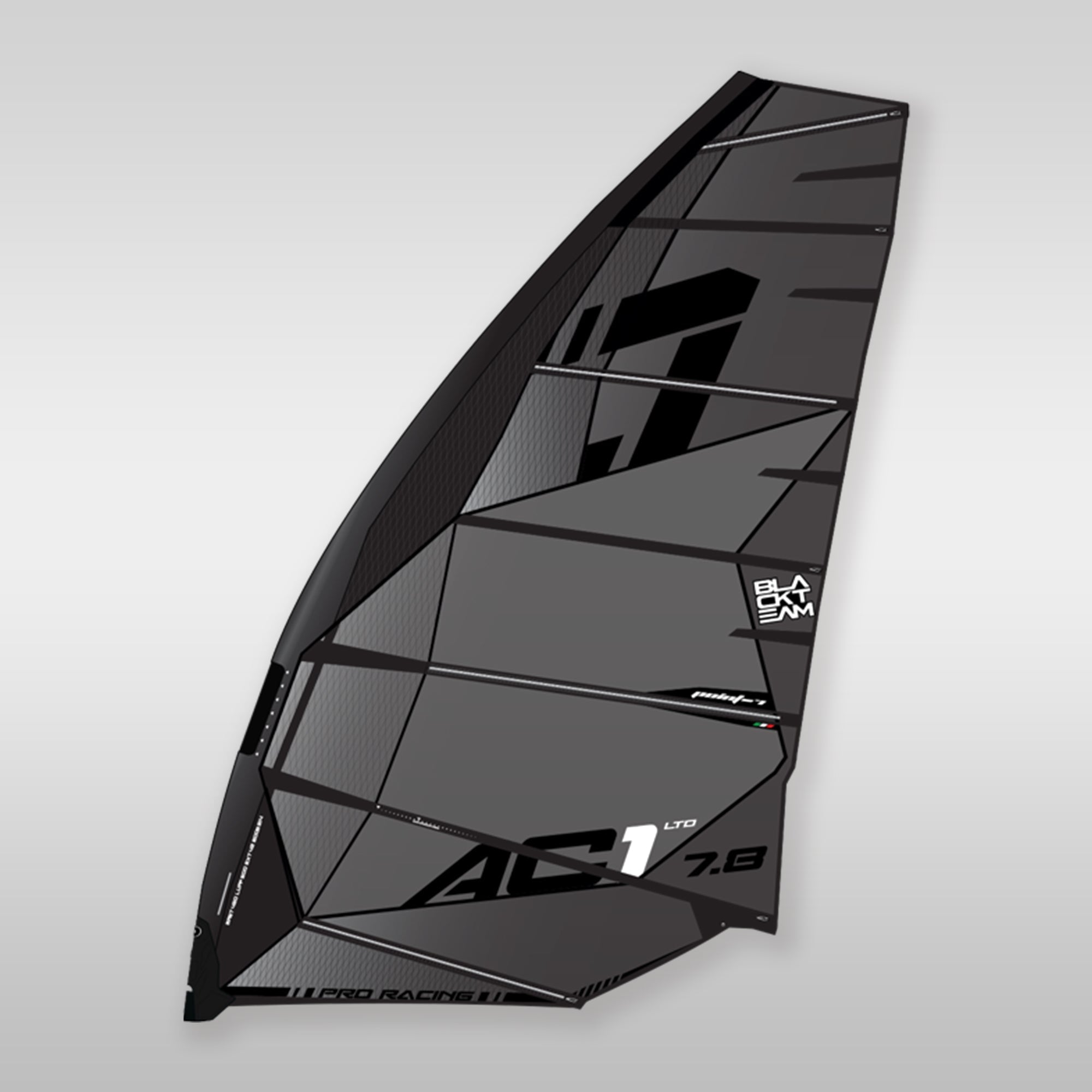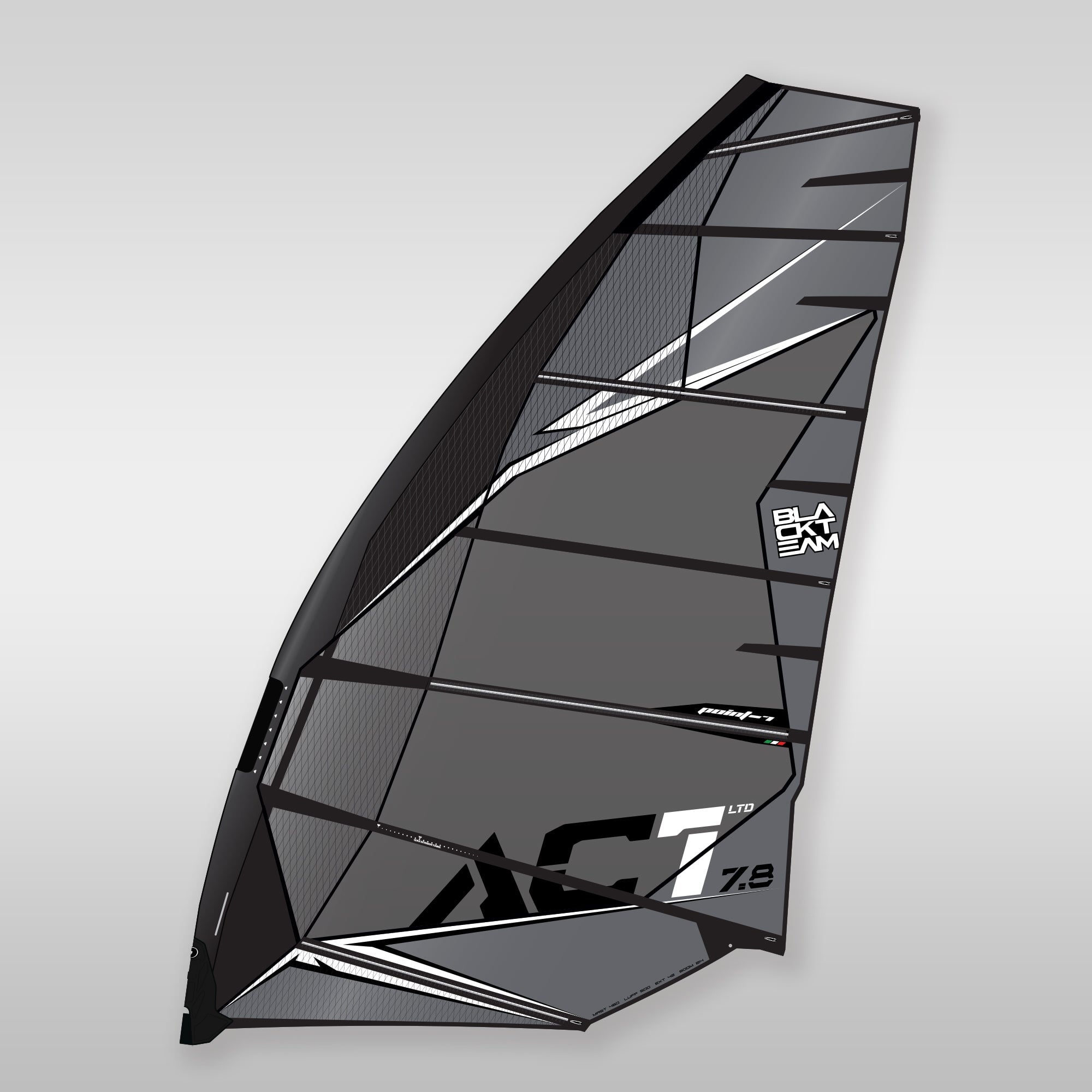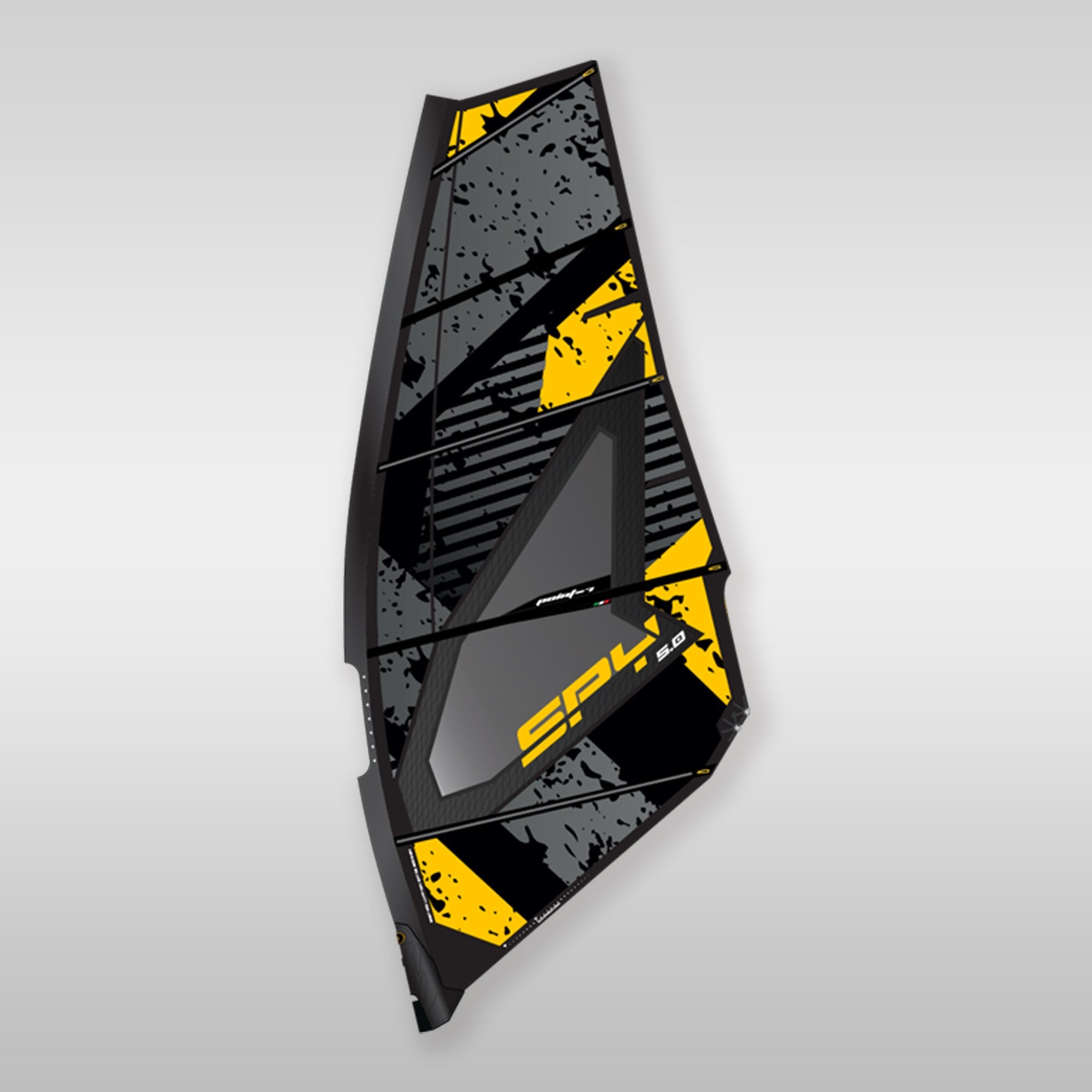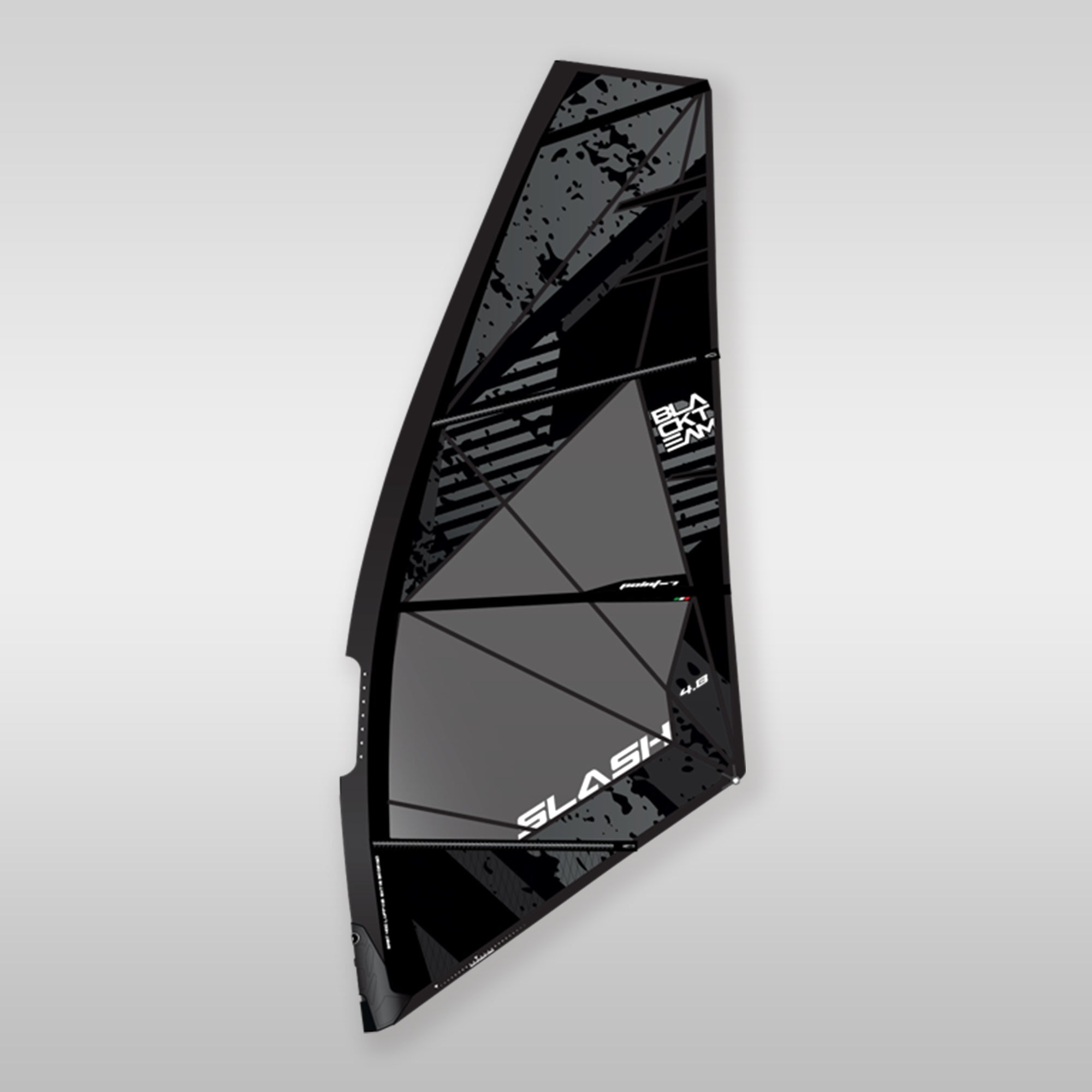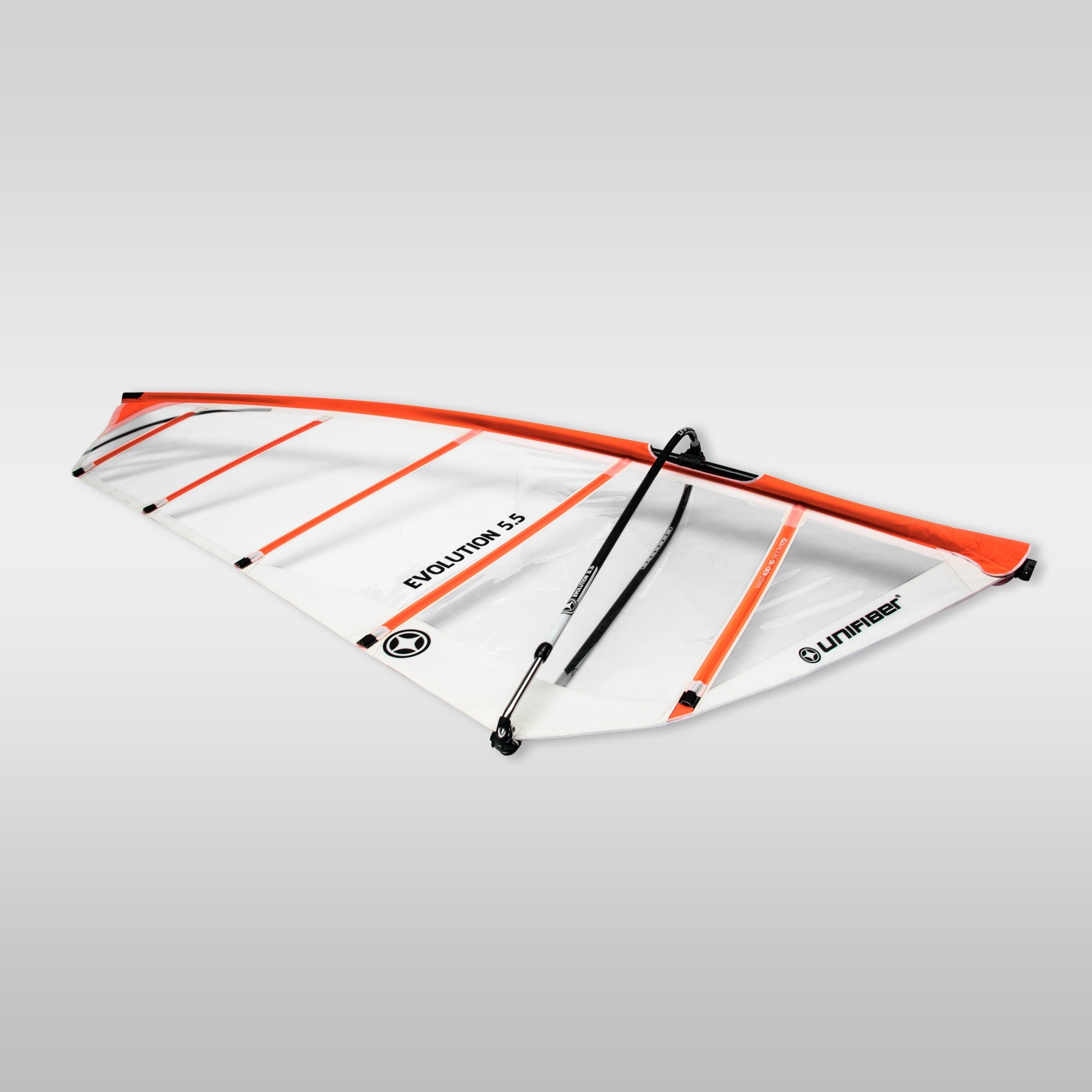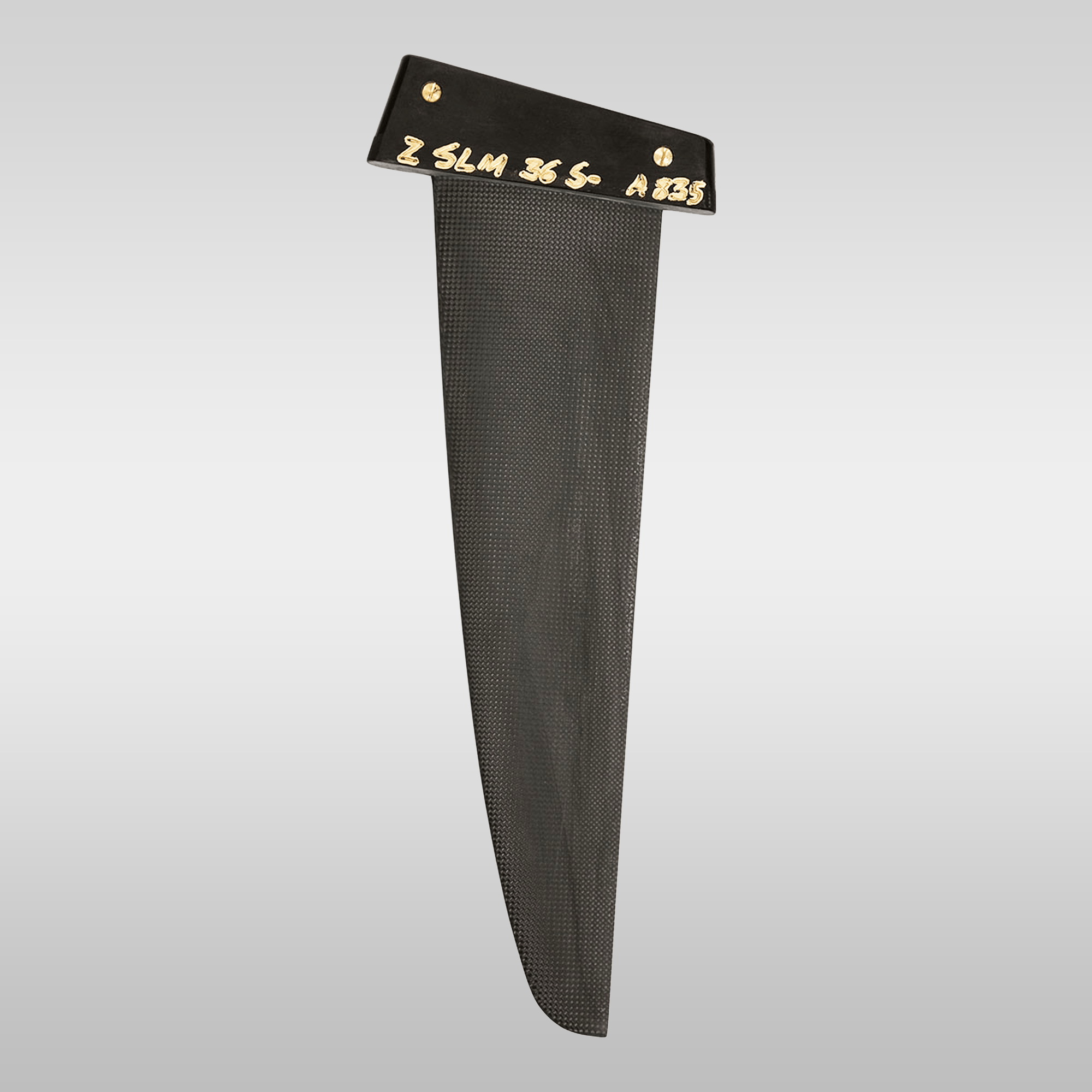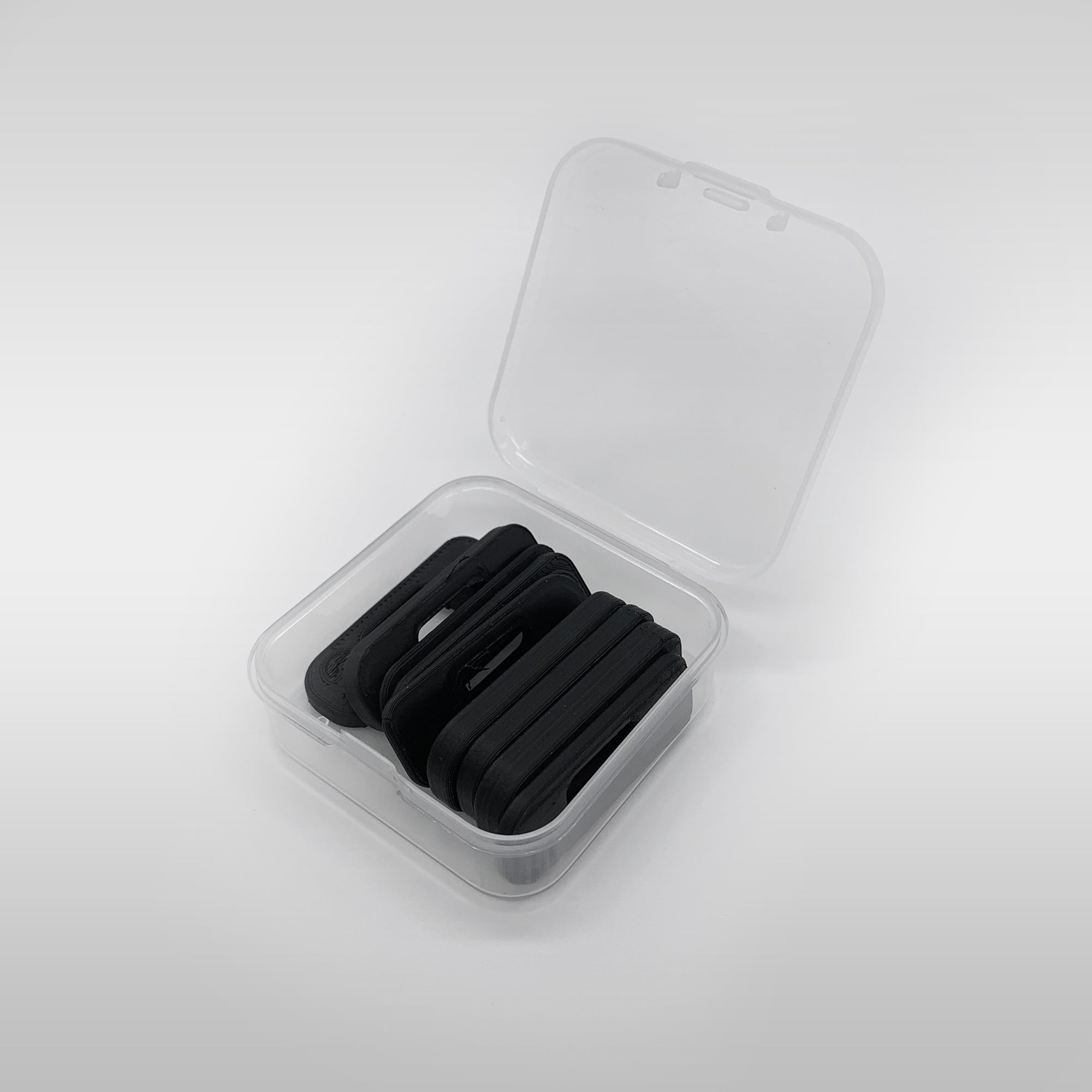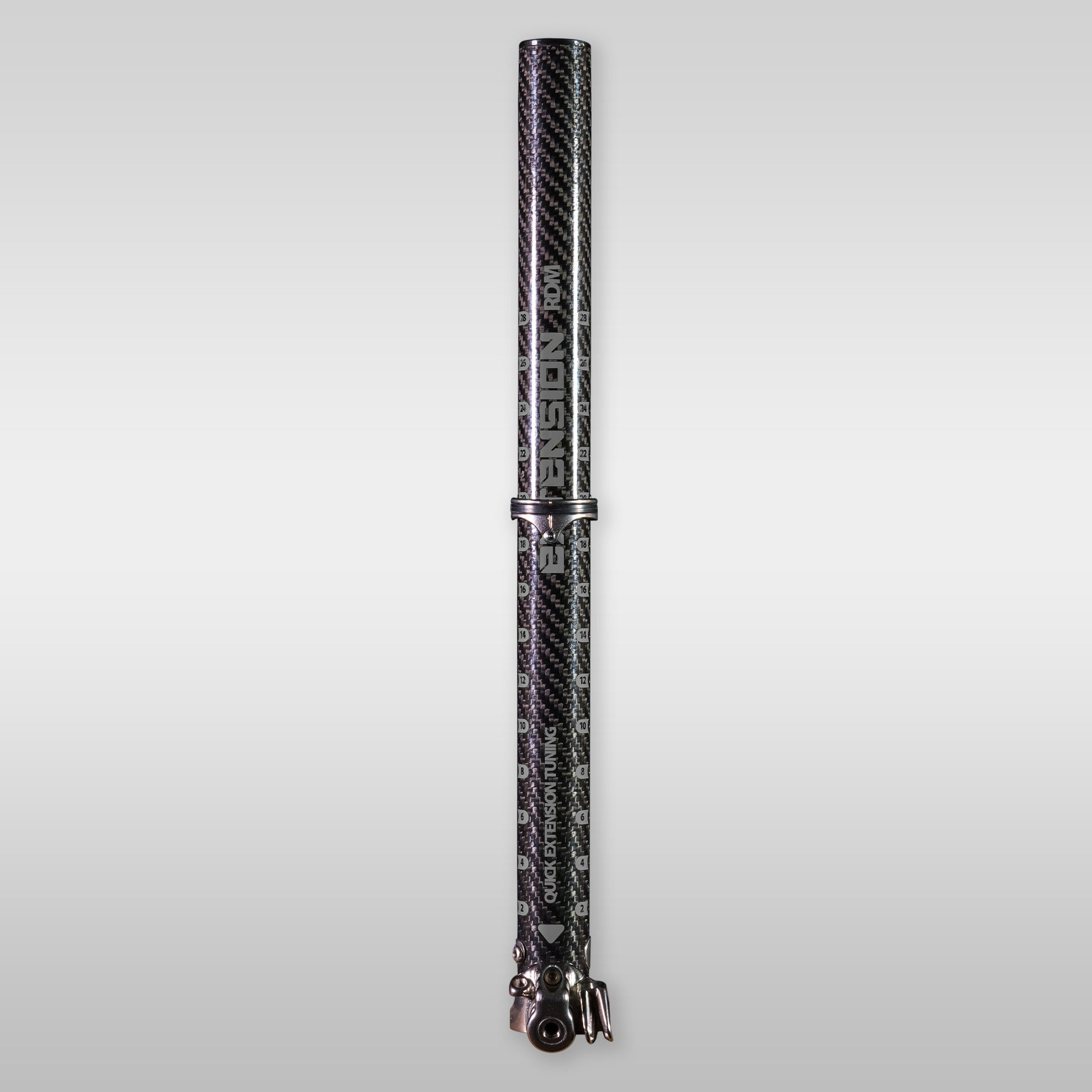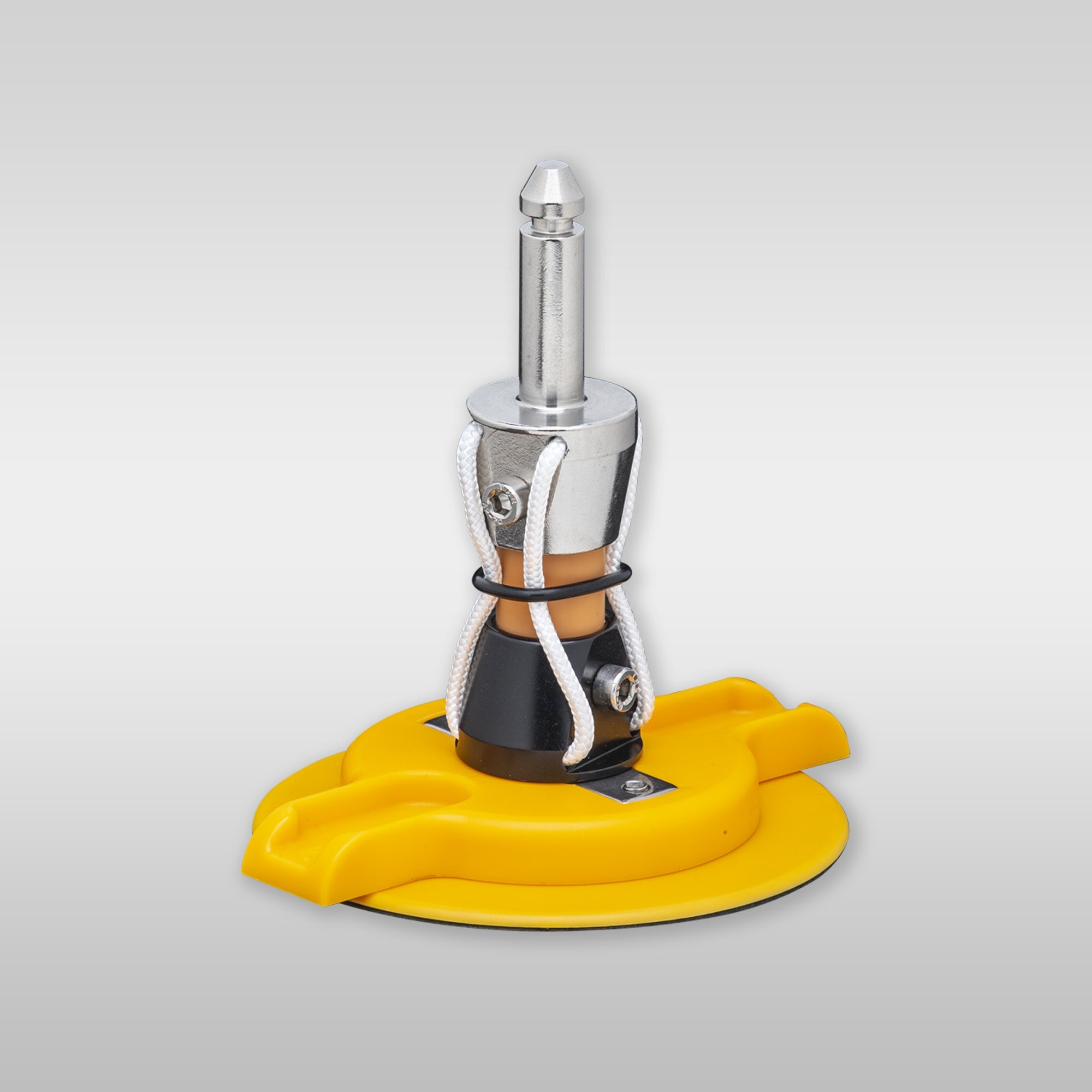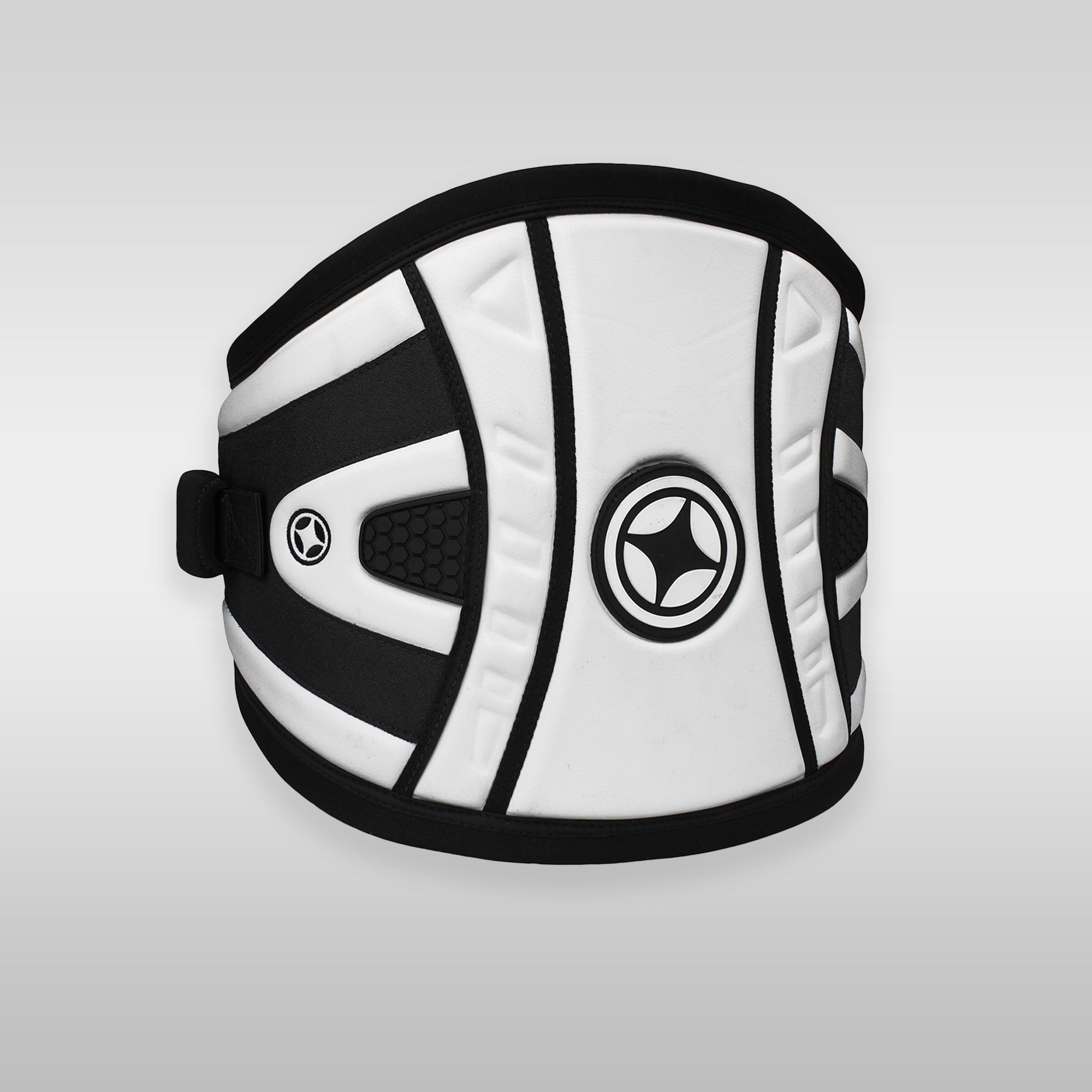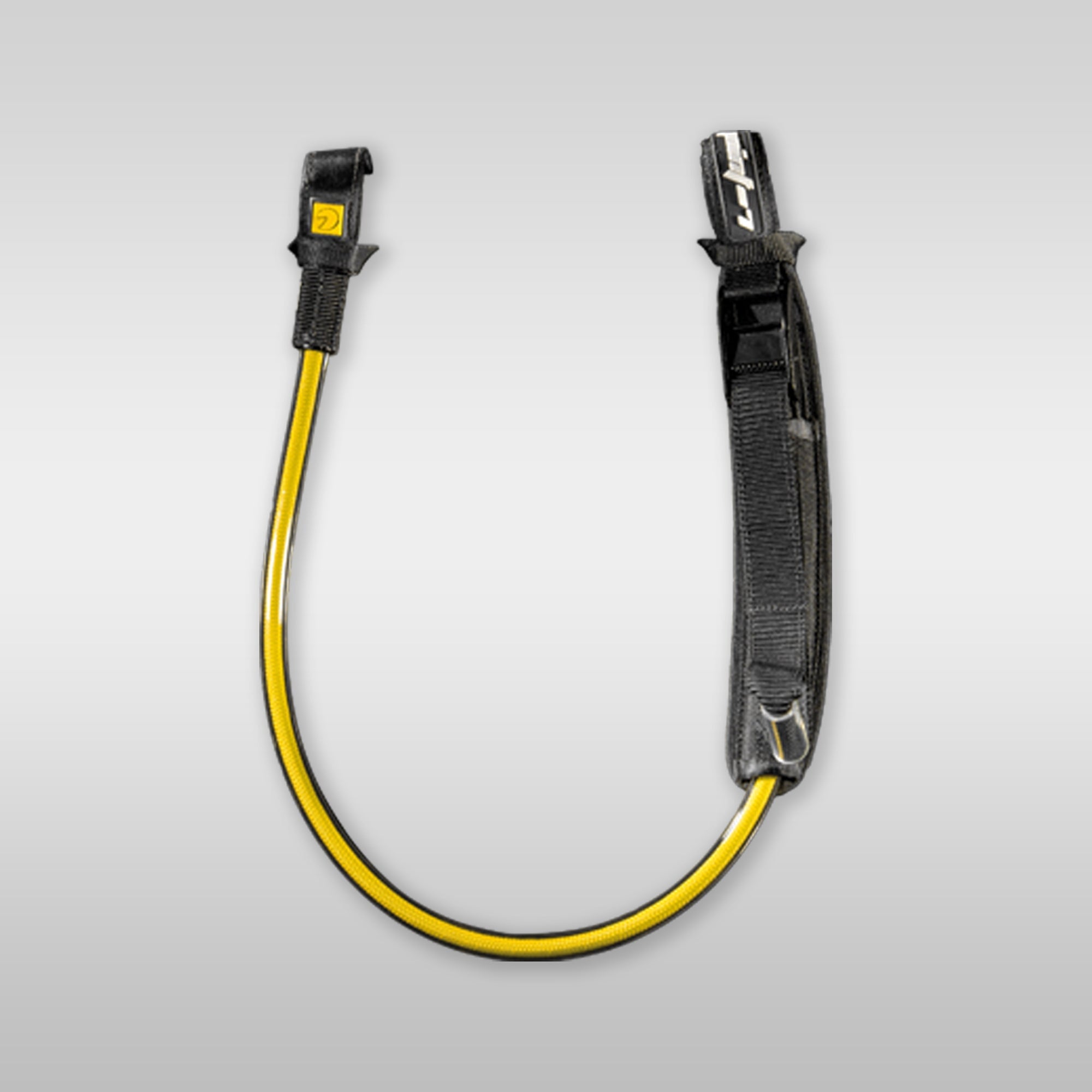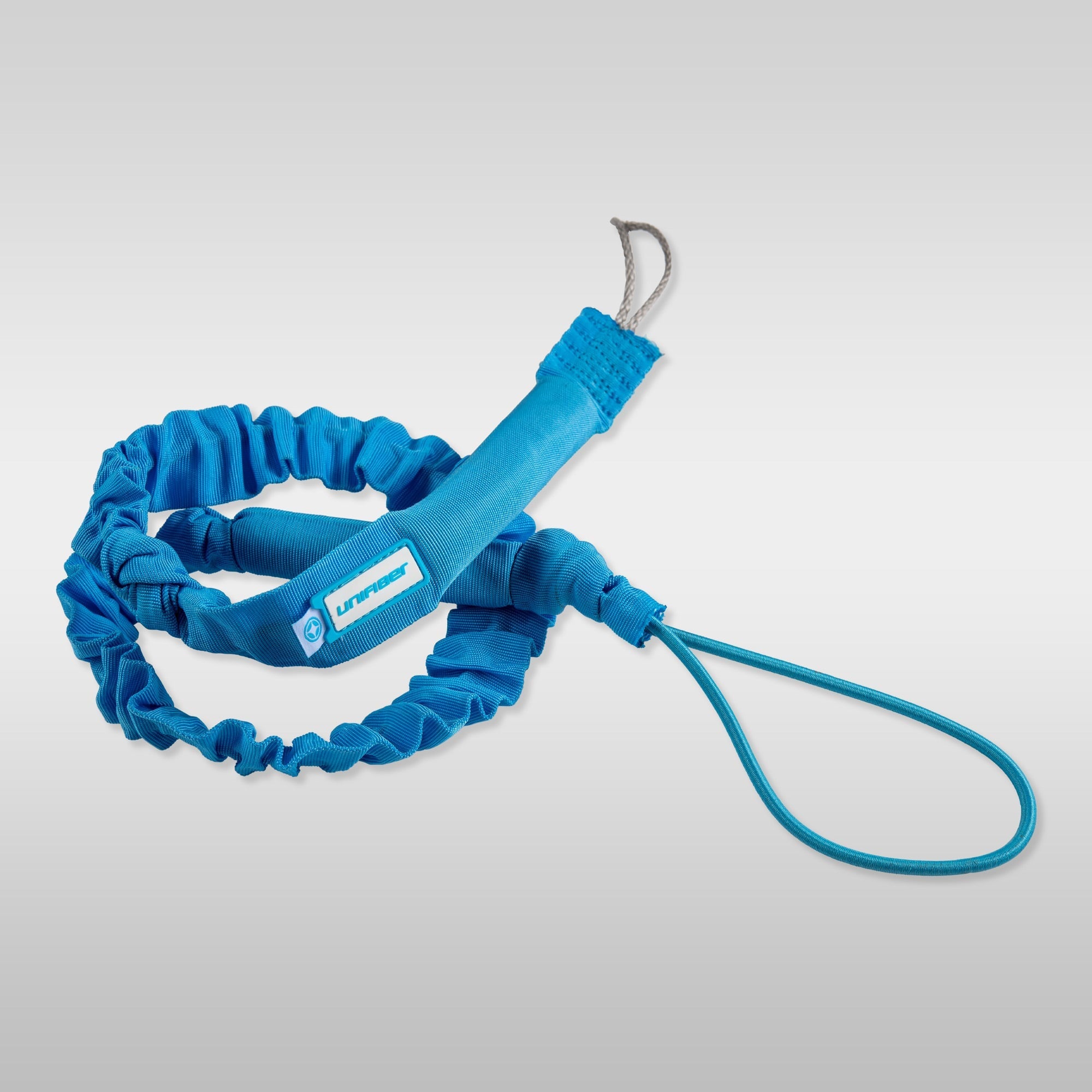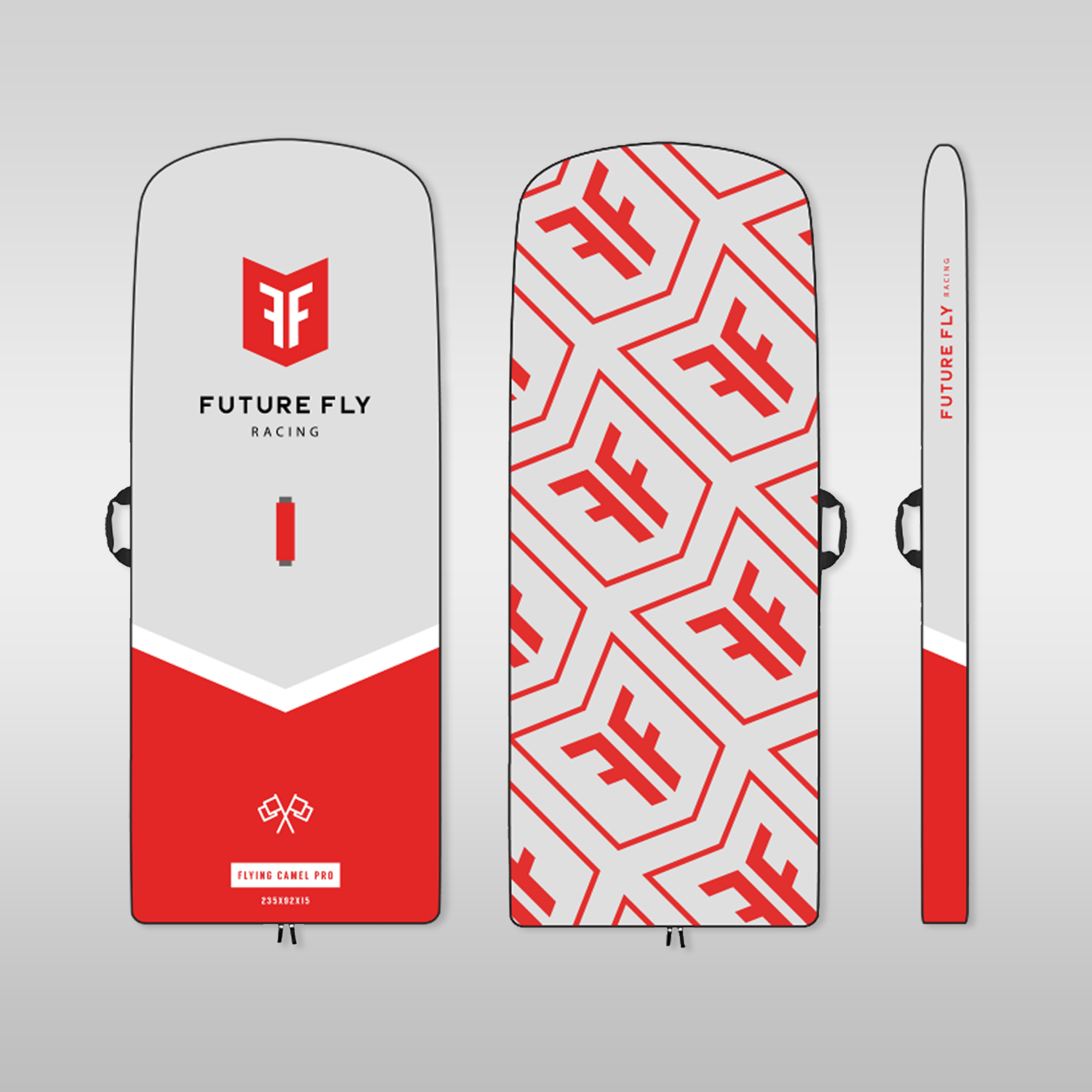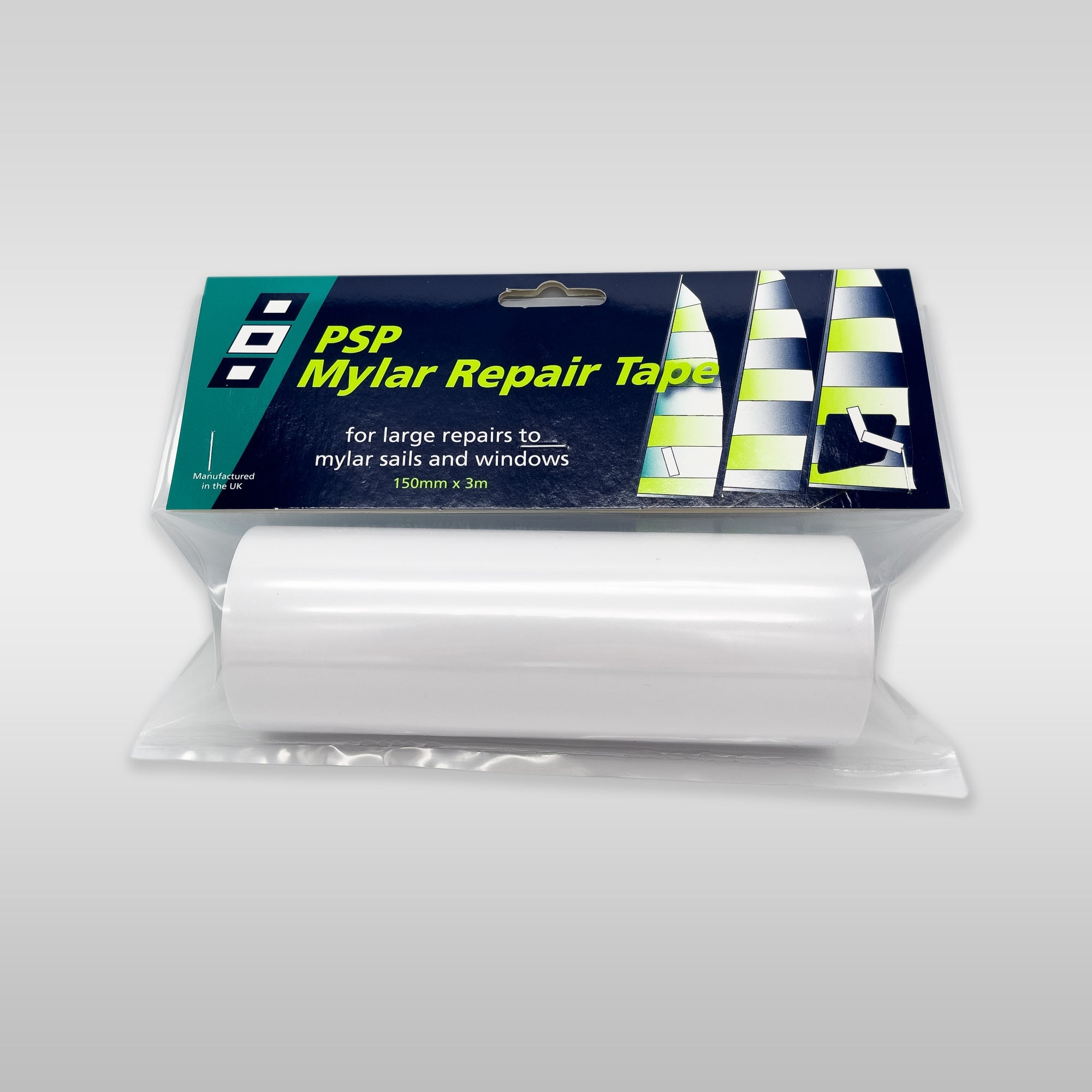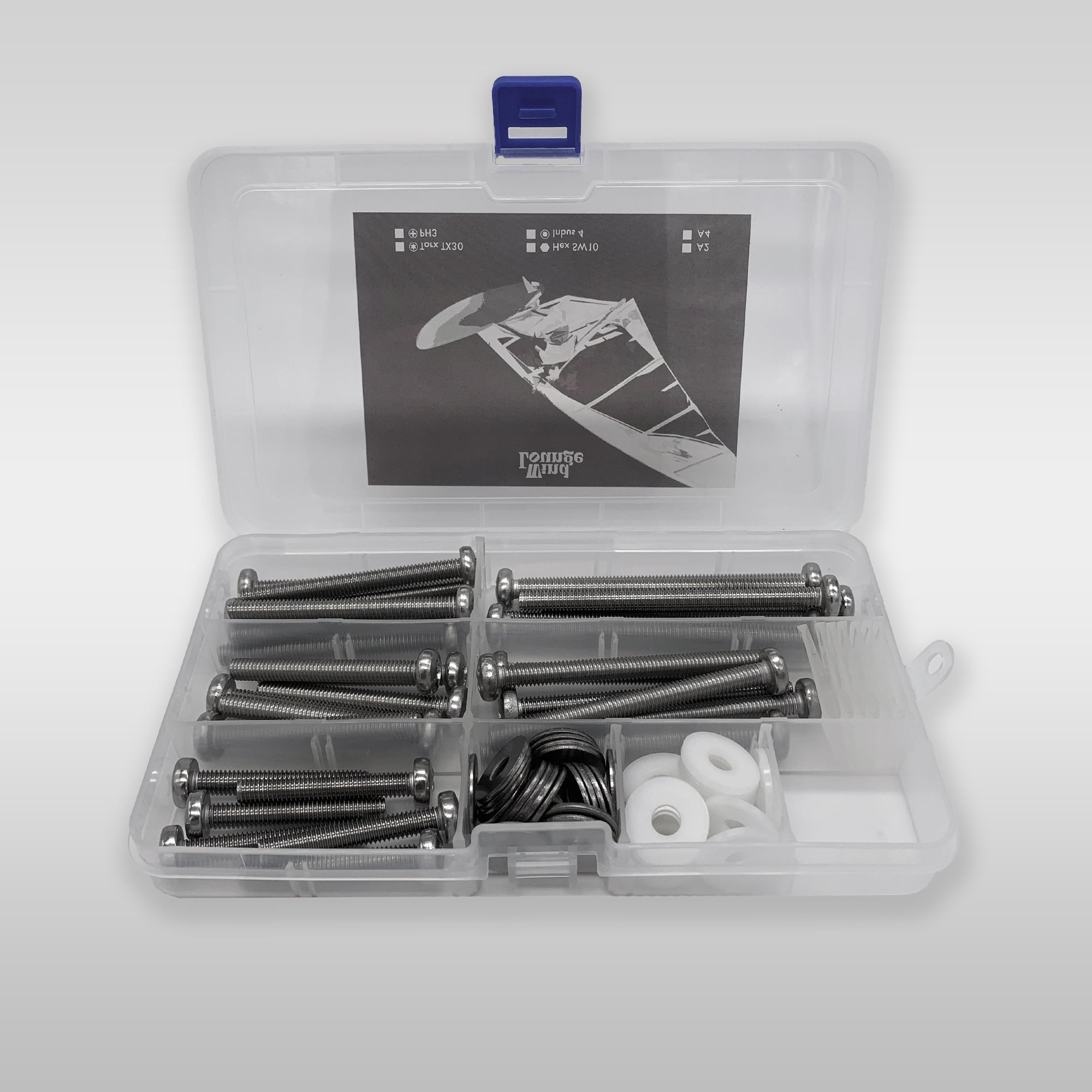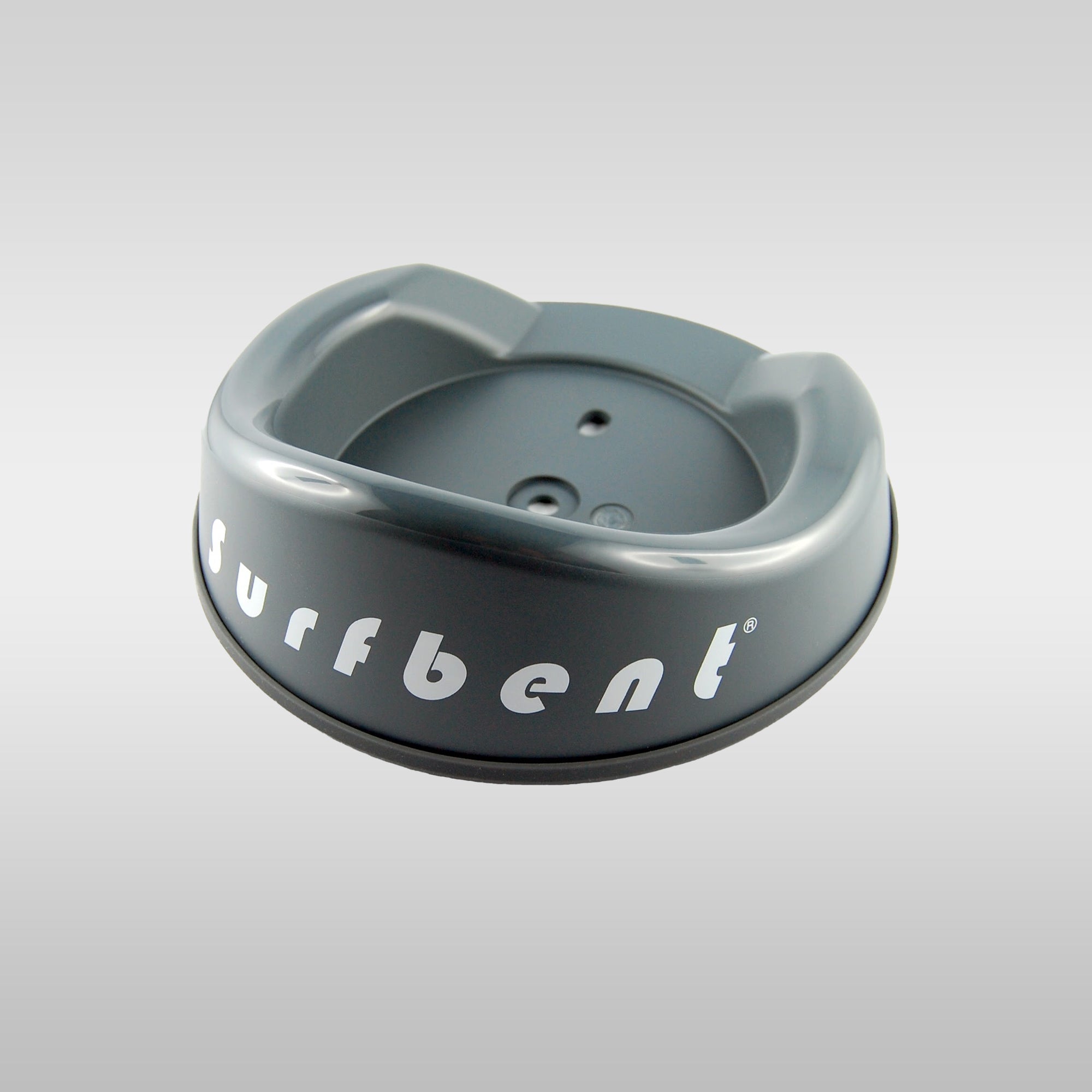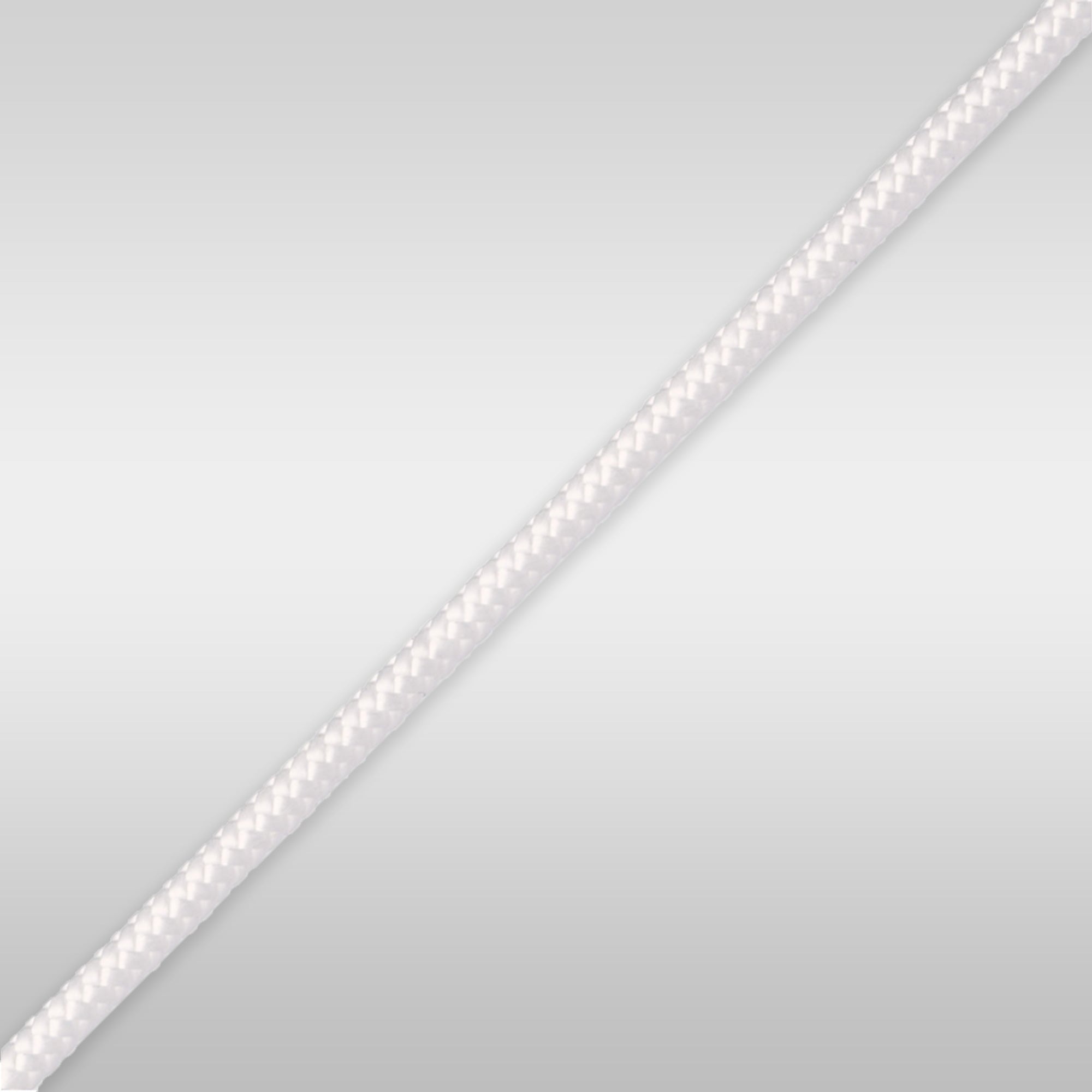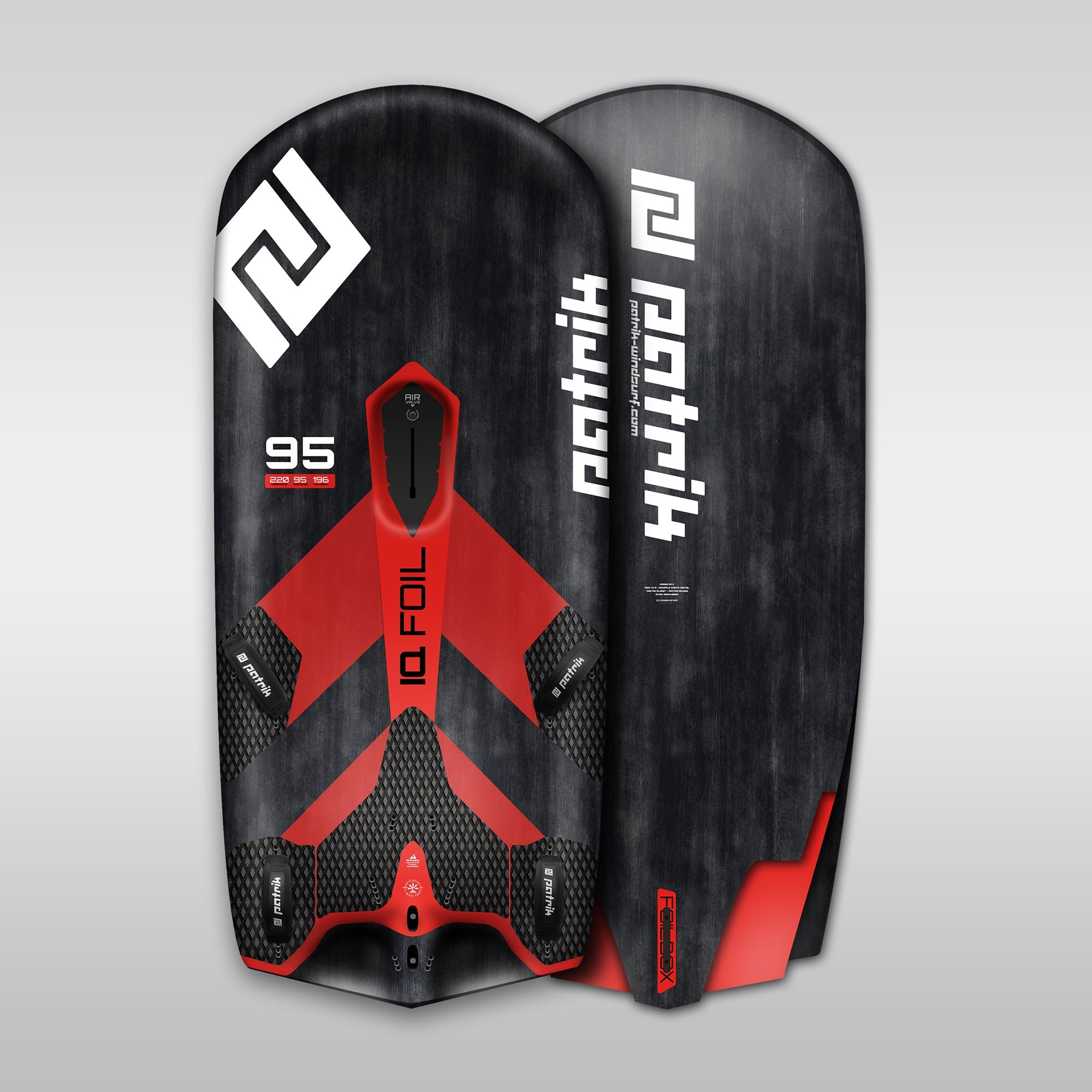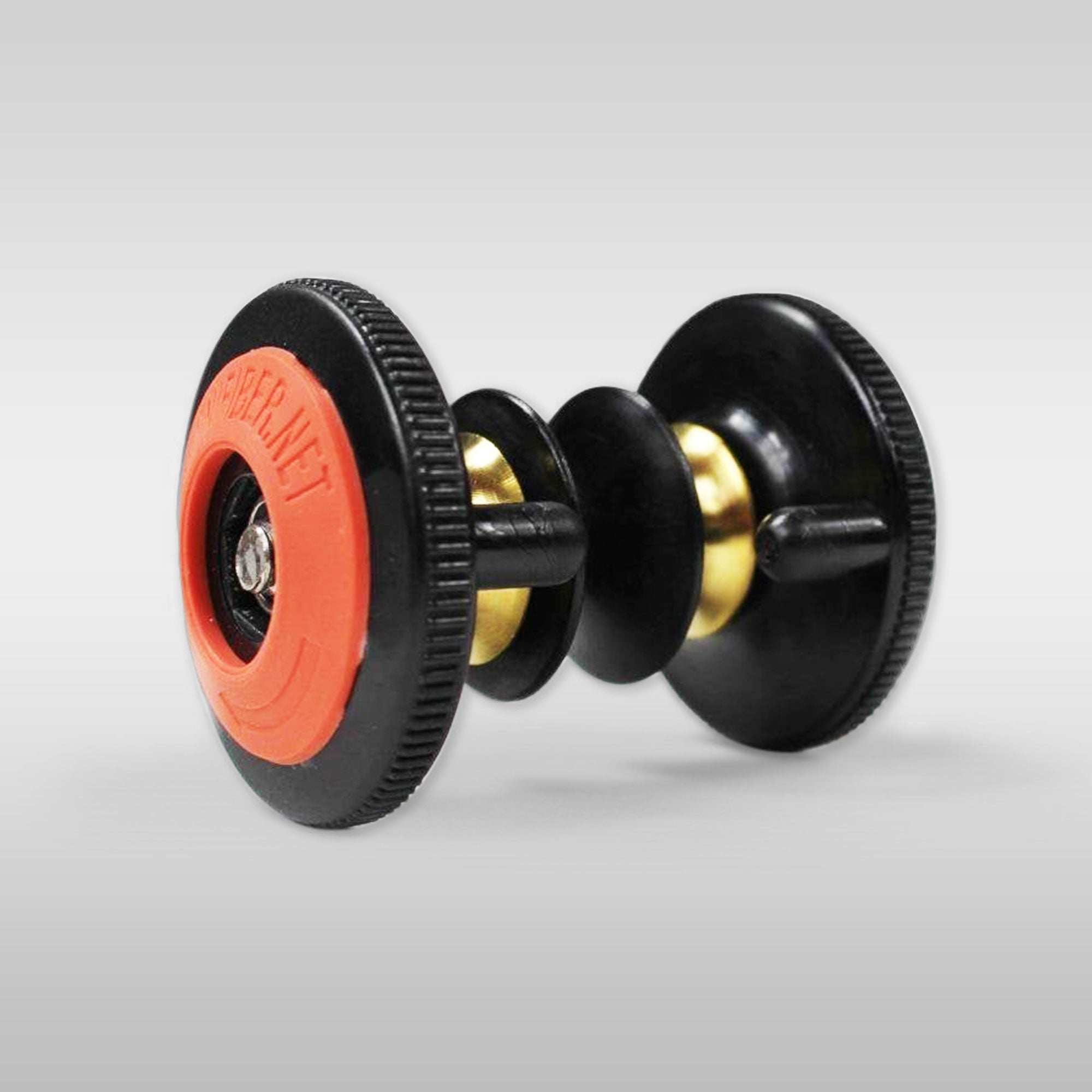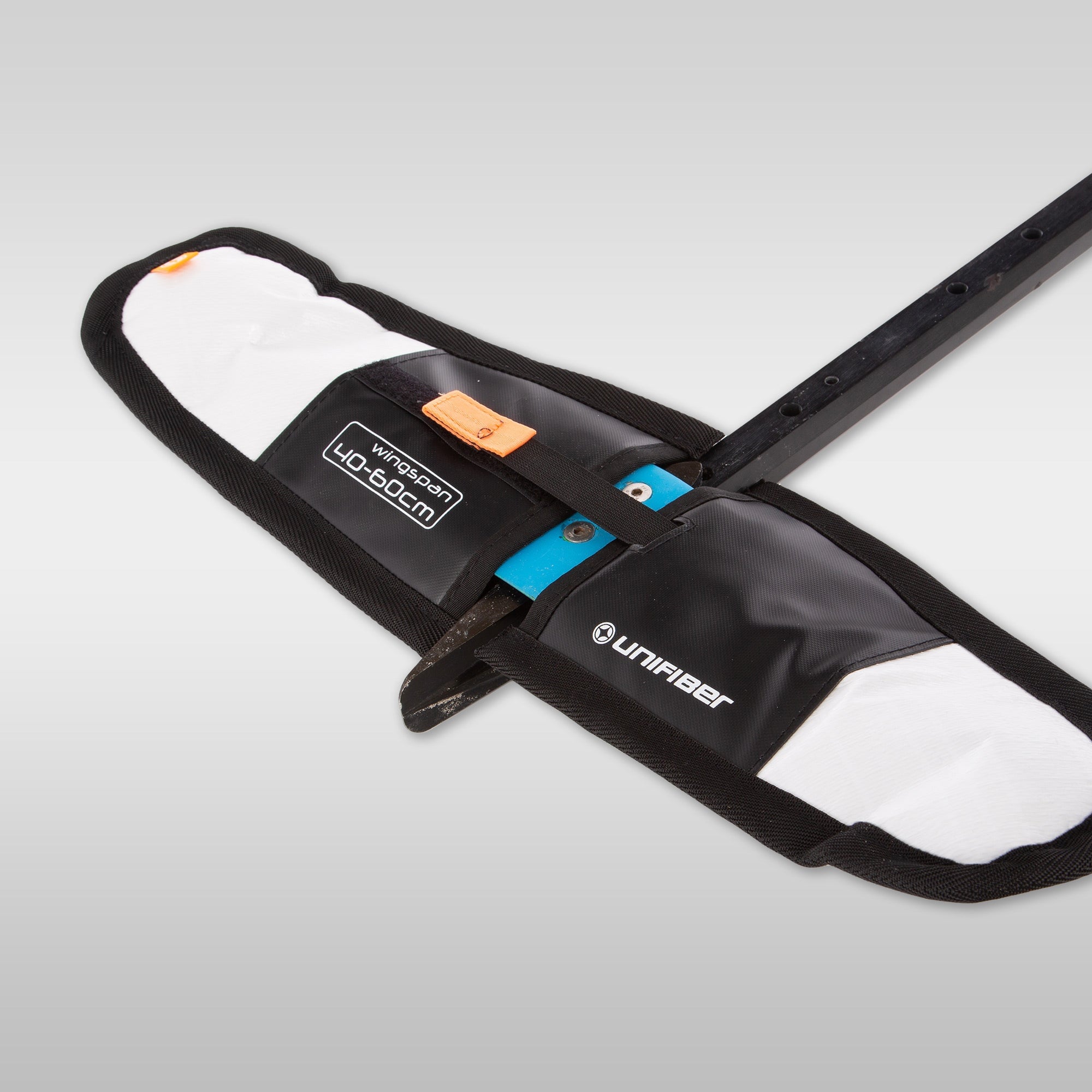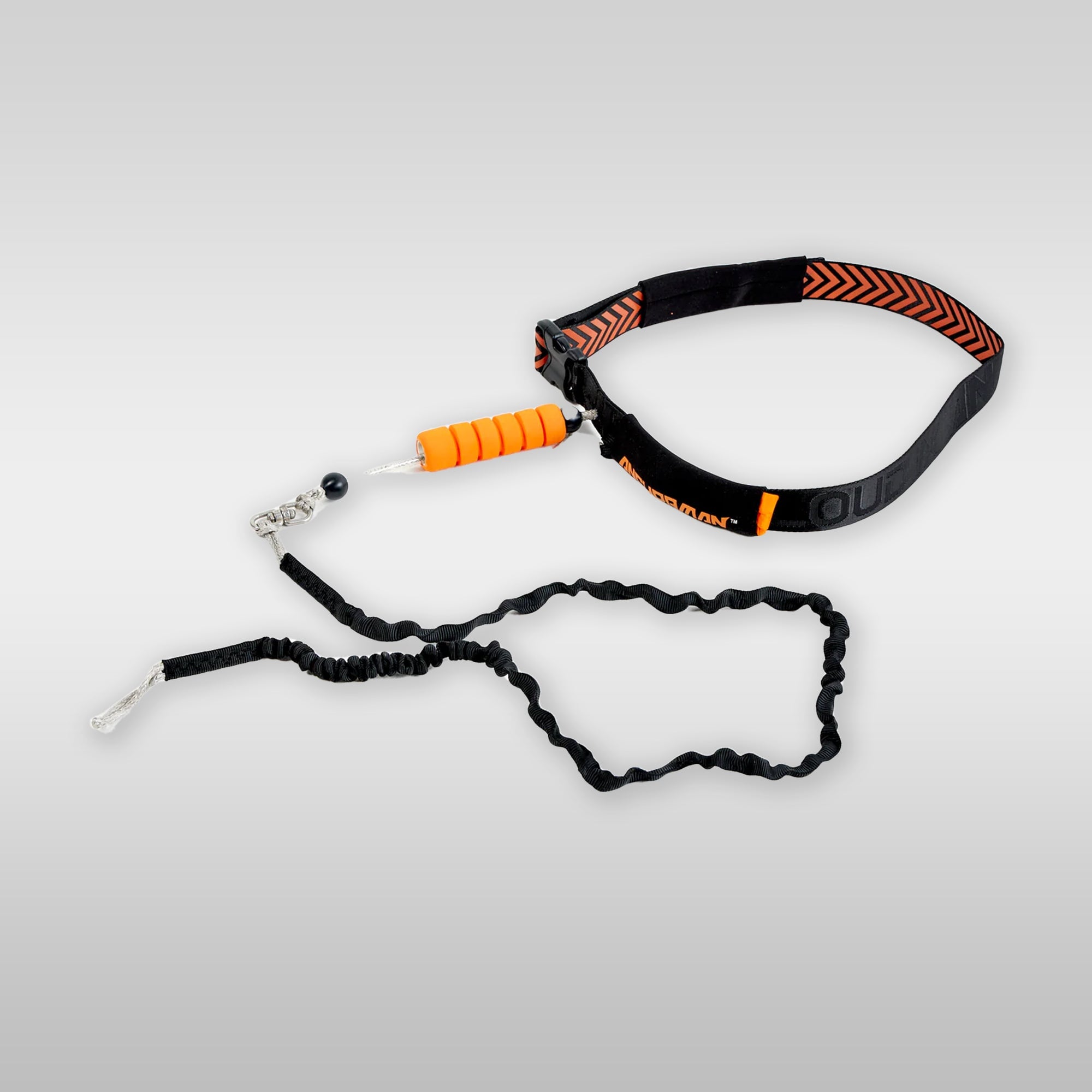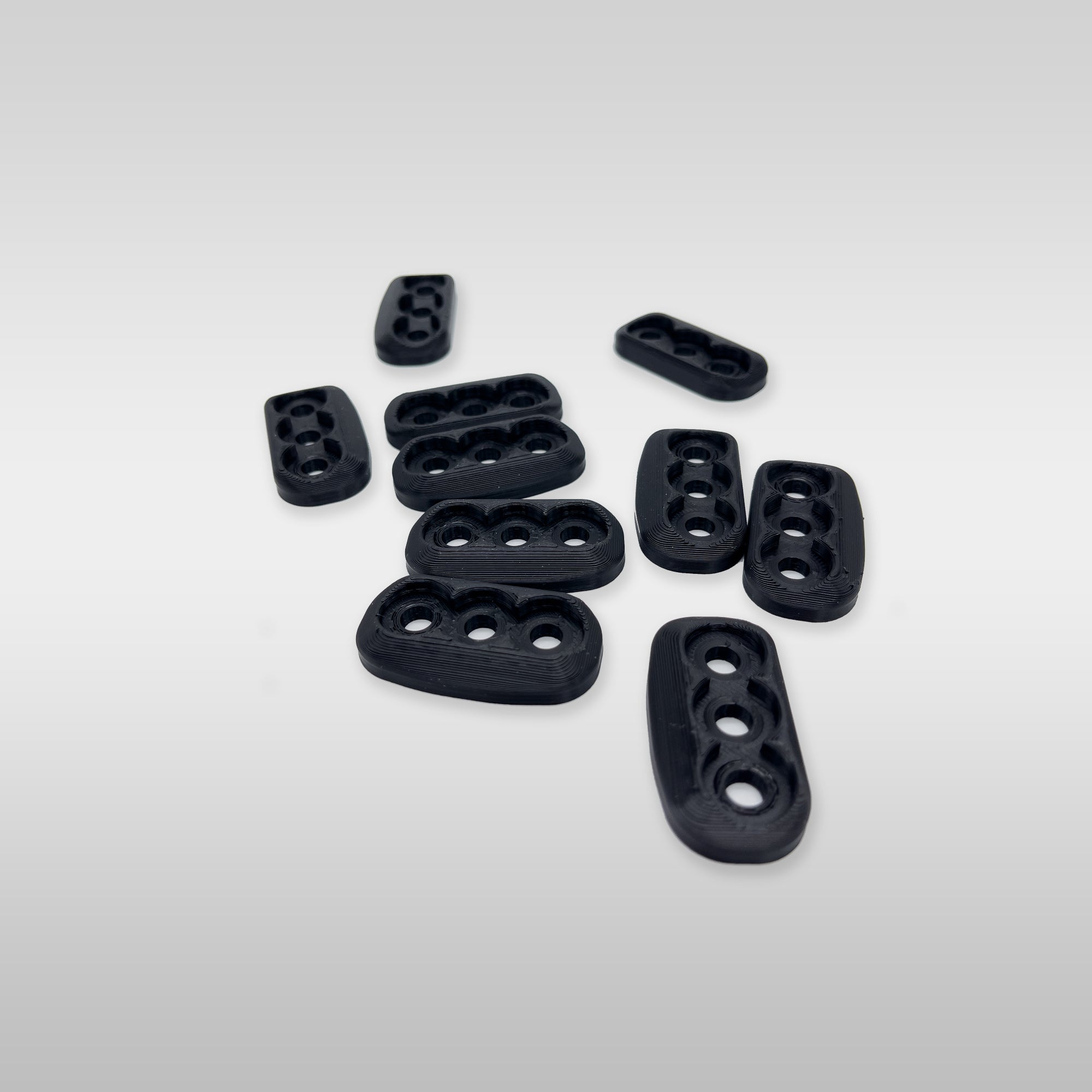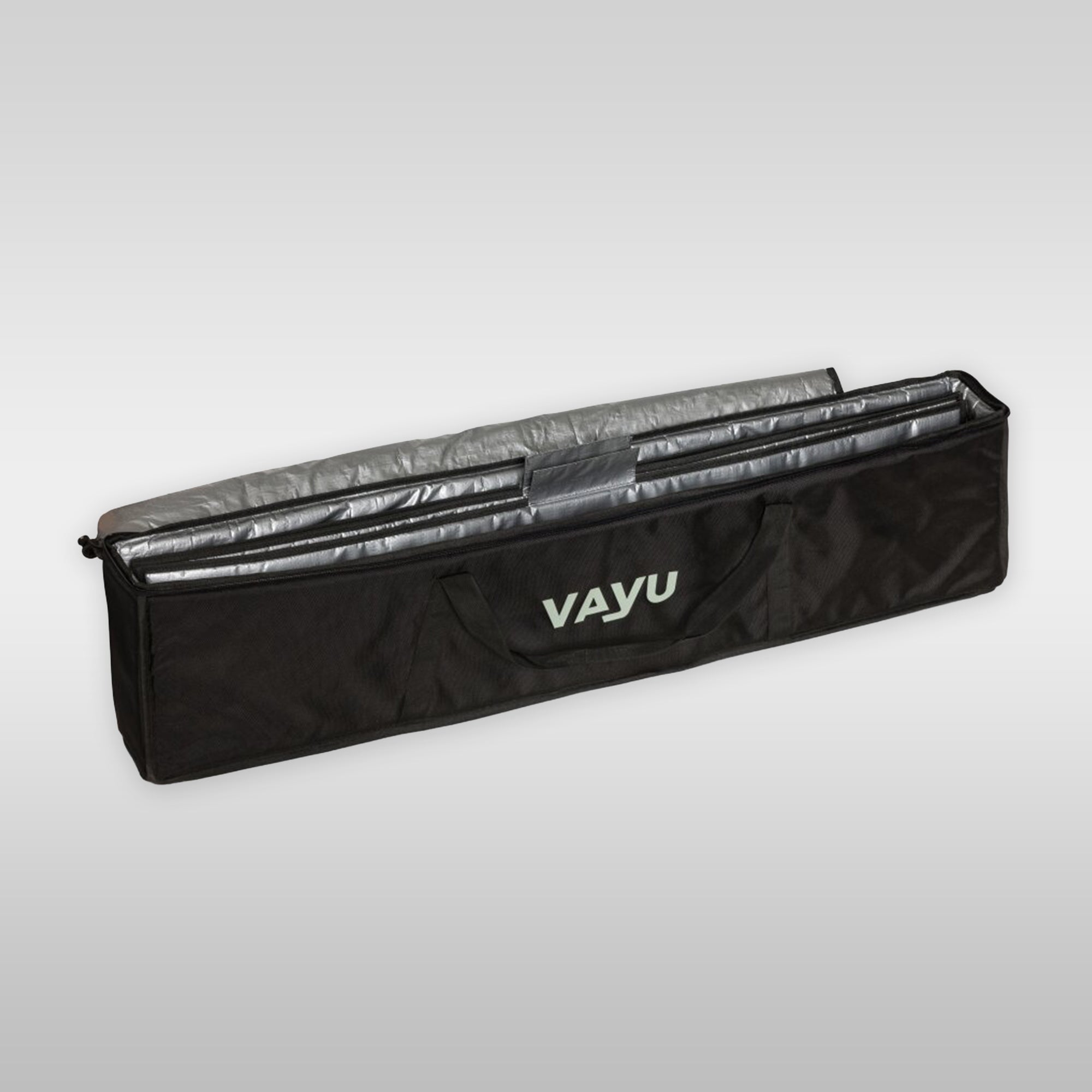We present the Point 7 Carbon +Pro fork 220-270.
The first target from the Point-7 Black Team when developing a boom is the curve. This is not about having a curve from the new generation as many might call it. It's about having a curve which allows your front and back arm to sit in a natural ergonomic position while sailing, automatically positioning the sail at the right angle for the wind to enter and exit. This position varies with wind strength and windsurfing discipline, so each boom size needs to be developed accordingly.
Black Team Curves.
Back end width.
Smart Balanced design.
Diameter is another important factor as it does bring comfort to the forearms and conserves energy whilst out on the water. At Point-7 we have developed our boom using the Octatube - a carbon tube shape with 8 sides, designed to ergonomically fit the natural shape of the hand when gripping. We vary the diameter used according to the discipline; 25mm for the wave boom, 27mm on the 170-slalom boom, and 29mm on the two larger sizes of the slalom boom.
Reflex.
The stiffness of a carbon boom is also very important, the right mix between reflex and comfort is essential. Just as masts have different IMCS, our booms are also being developed to offer the right stiffness to allow comfort with smaller sails sizes, and more reflex with bigger sail sizes.
Weight.
You can have the lightest and stiffest boom available, but if these main features are wrong then the boom will feel heavy and uncomfortable. The weight needs to be front oriented on the boom, leaving the tail end of the boom light. A heavy tail-end will make a light boom, in general, feel heavier than it really is. This is why we use a taper through to the tail section, the wider diameter allows to have thinner and lighter carbon walls where there is no need for us to grip, but also more stiffness where it is most important.
Construction.
All our carbon booms are monocoque built, including the tail ends with molded holes. All our carbon booms are tapered giving a thinner diameter in the area you grip while sailing, and a wider diameter on the rear part to allow stiffness and light weight where most needed.
Details:
Boom double pin clips for a stiffer connection between the boom body and tail end, with 2cm adjustments. Different sizes used to best suit the boom size.
The New Carbon Boom head for the 140 and 150 booms: A stronger connection with less stress on the mast. The new longer cup gripping the mast dilutes the stress on to the mast structure, increasing the stability of the connection. This will also assure that the head will not to slip down the mast even with very little rope tension.
Boom cup: A perfect composite, which adds glass to the plastic, will give the correct synergy to the stiffness of the carbon tubes arms. Easy automatic fitting to the mast. Moving head tilts according to fitting height on the mast but does not move from side to side. The new longer leverage allows quick boom height changes while standing on the board. Fits P7 RDM adapters perfectly.
Boom clamp leverage: Long and ergonomic to allow easy opening and closing of the boom head, even when on the board. Easy adjustment of the rope.
Boom clamp: The clamp holding on the boom arms can tilt according to the boom height setting. It has 3 screws to secure it to the boom, allowing the the leverages to be independent to make opening and closing of the clamp easy, but at the same time the head and the boom to be fully tightened.
Boom Rope: The best grip and pre-stretched rope is used to make sure that the boom does not lose the pressure given to it while clamping. The rope is entering a comfortable cleat, easy to set and fasten.
Boom Grip is lightly sanded, anti-slip pro grip: Less strength needed for a firm grip on the boom. Easy positioning marks for the harness lines.
Tail end: To be less bulky in manoeuvrers and high winds, the tail end is made to fit inside the boom body in the smaller sized booms: wave 140, 150 and slalom 170. To further reduce the weight and increase the stiffness of the bigger 190 and 210 booms, the diameter of the tail pieces is increased and fits outside the boom body.
Tail end pulley system: the wave sizes have the quick loop system, while the slalom sizes have pulleys to host the adjustable outhaul system or simple threading to fix the clew tension.
